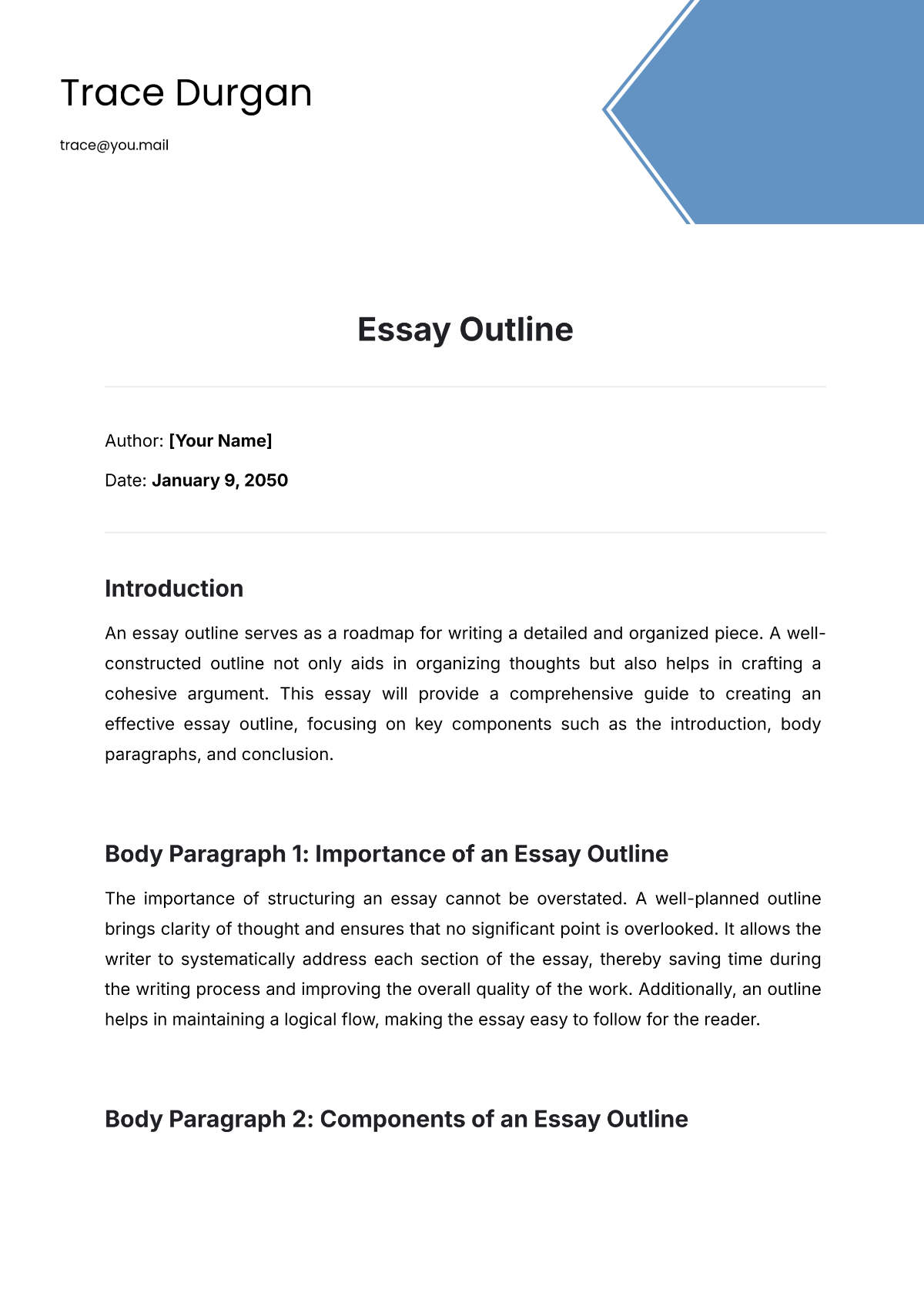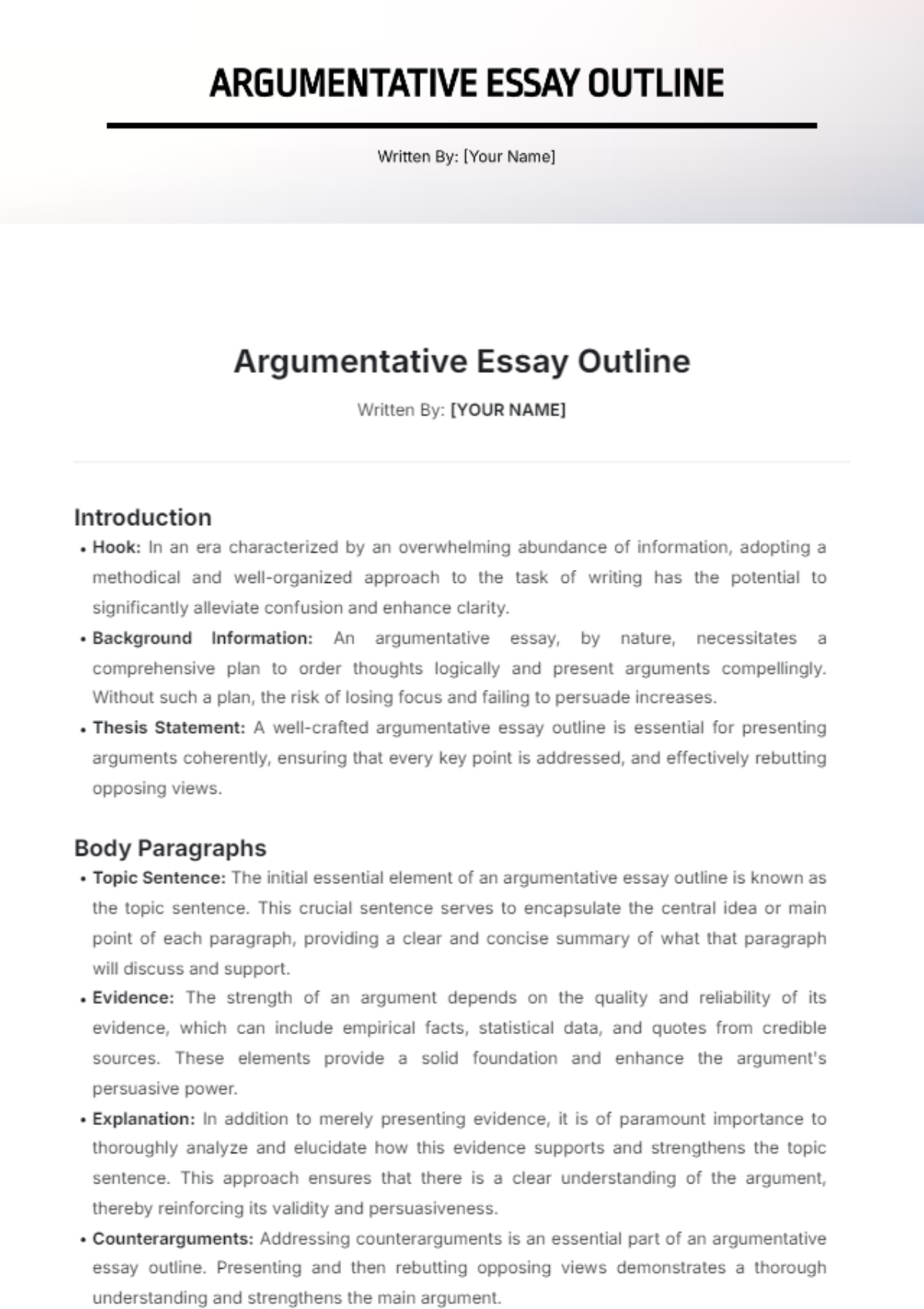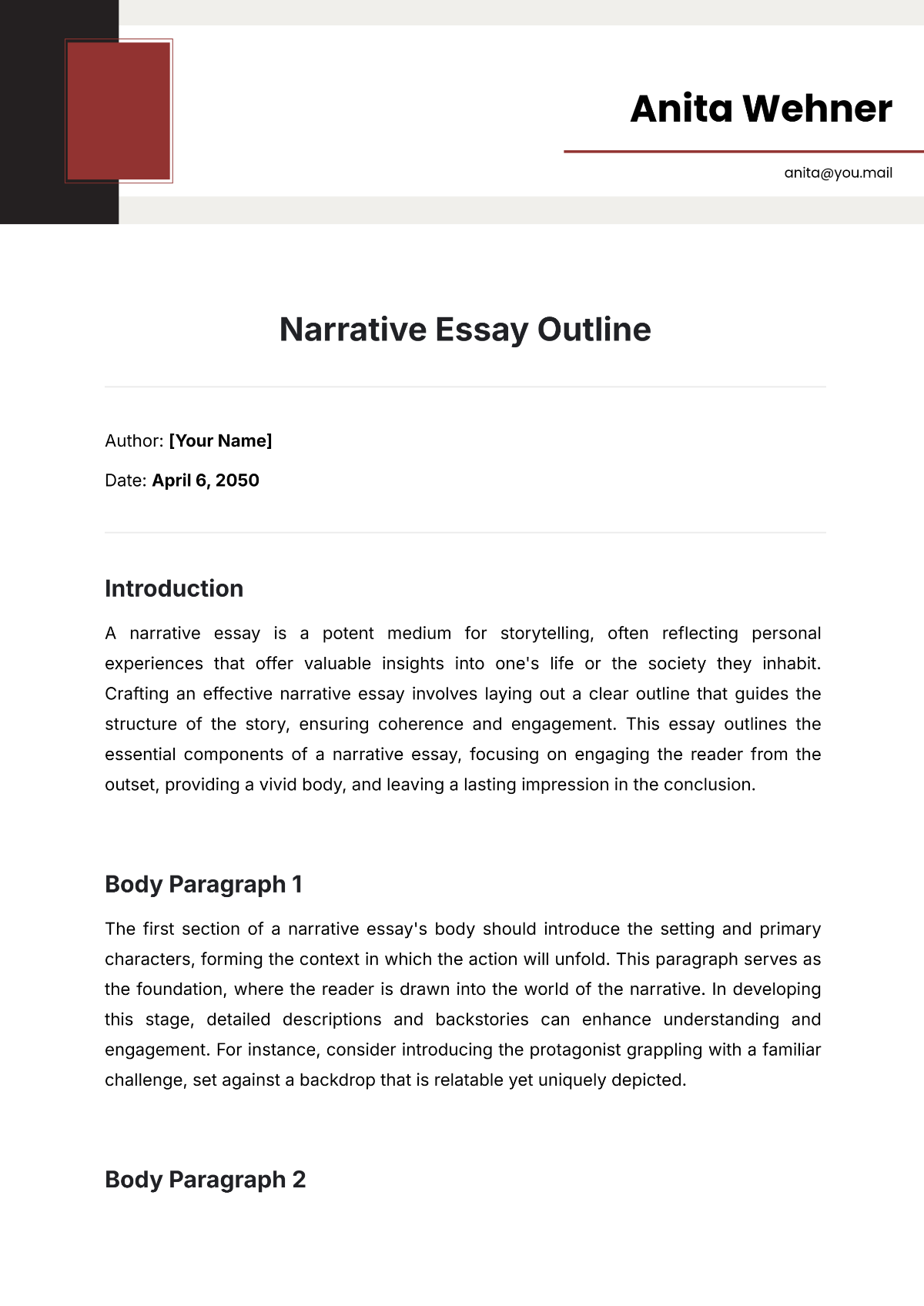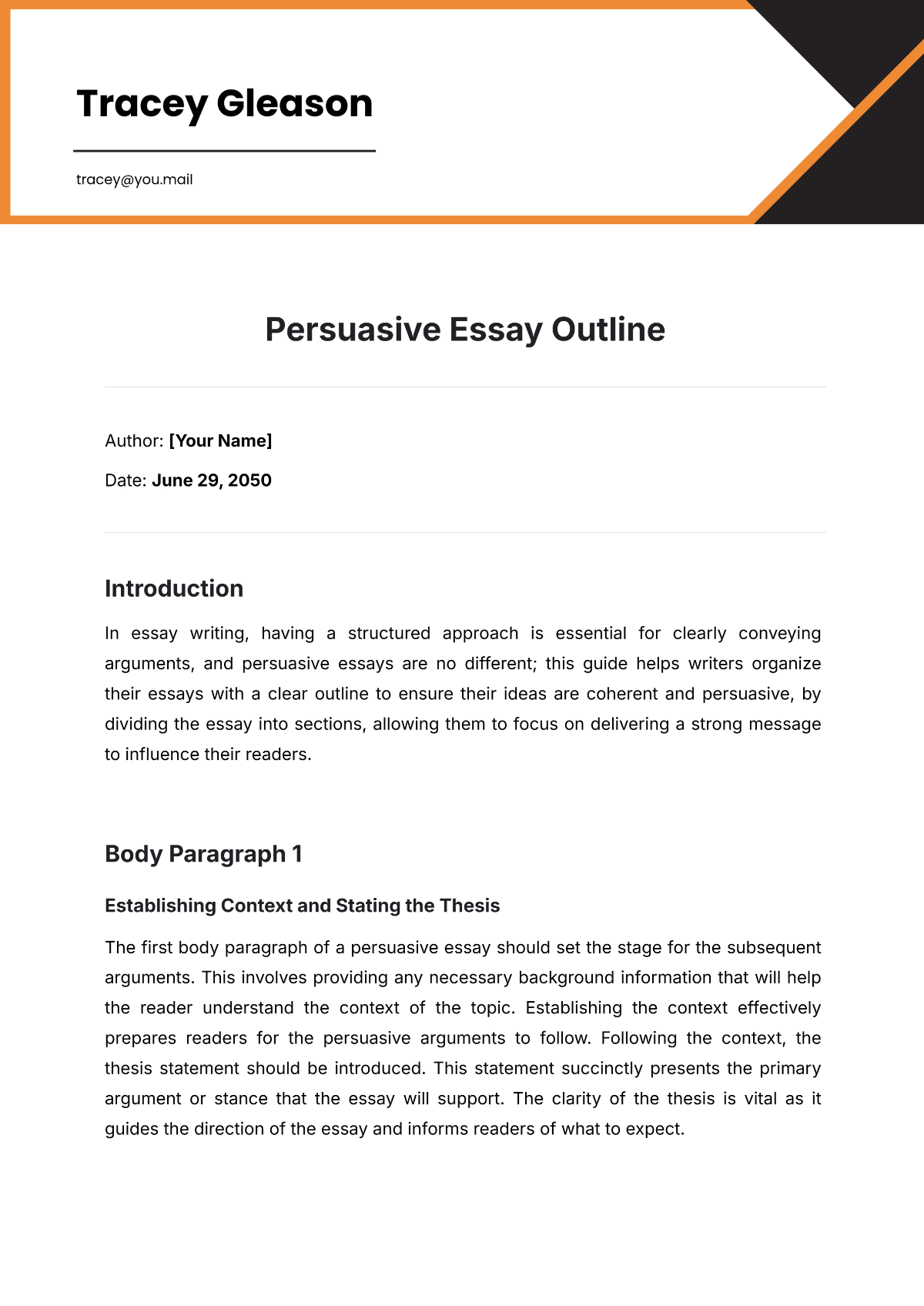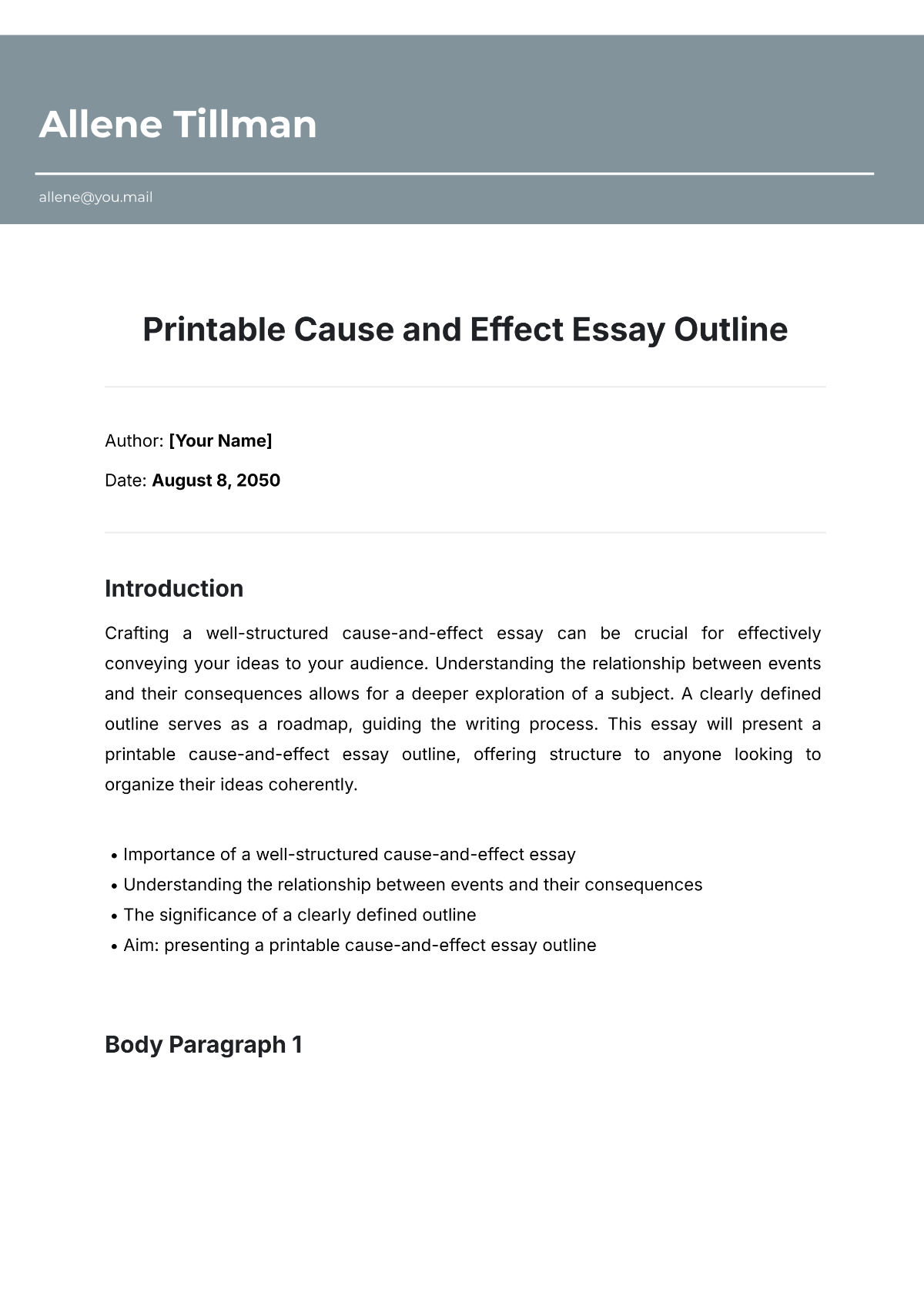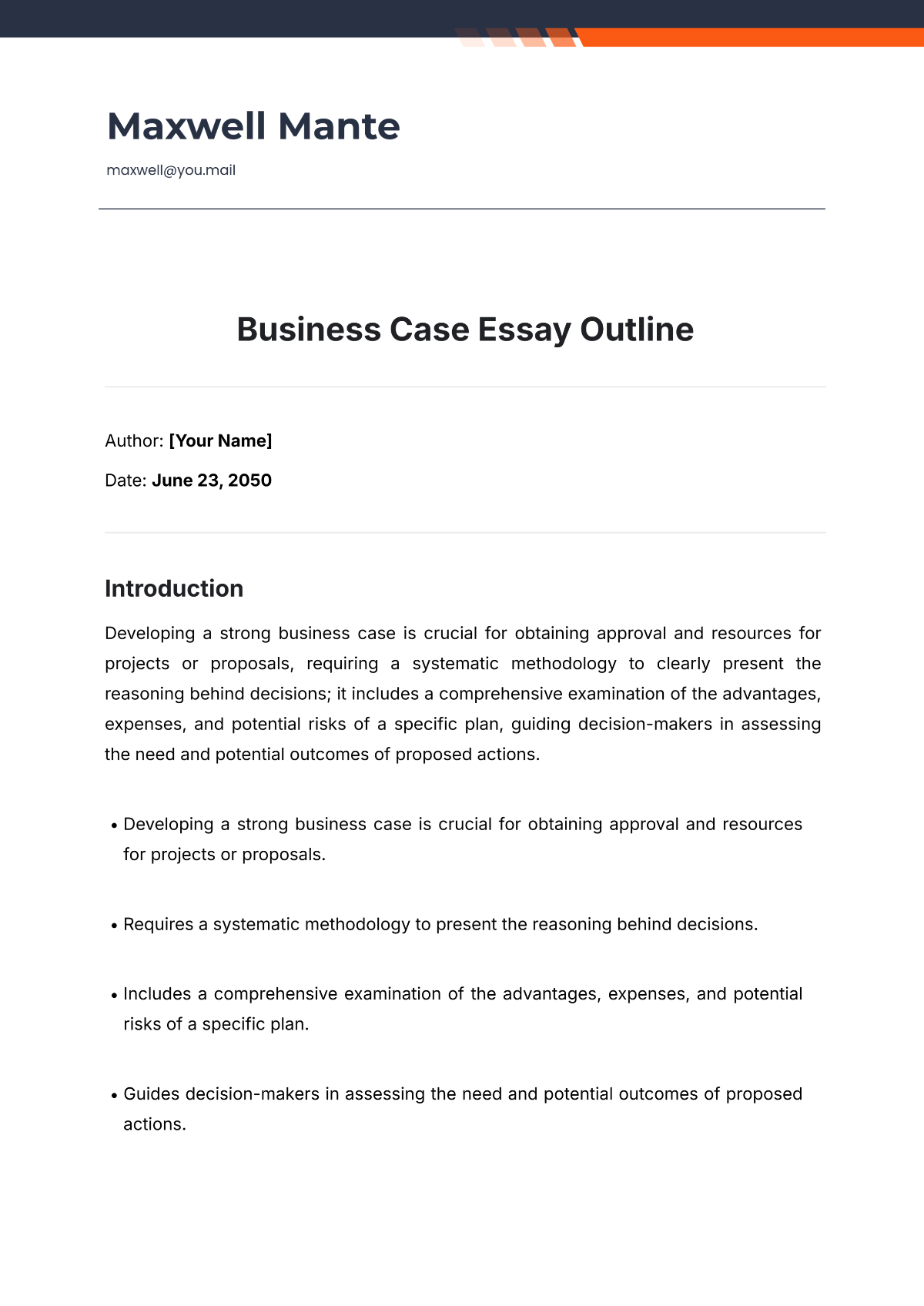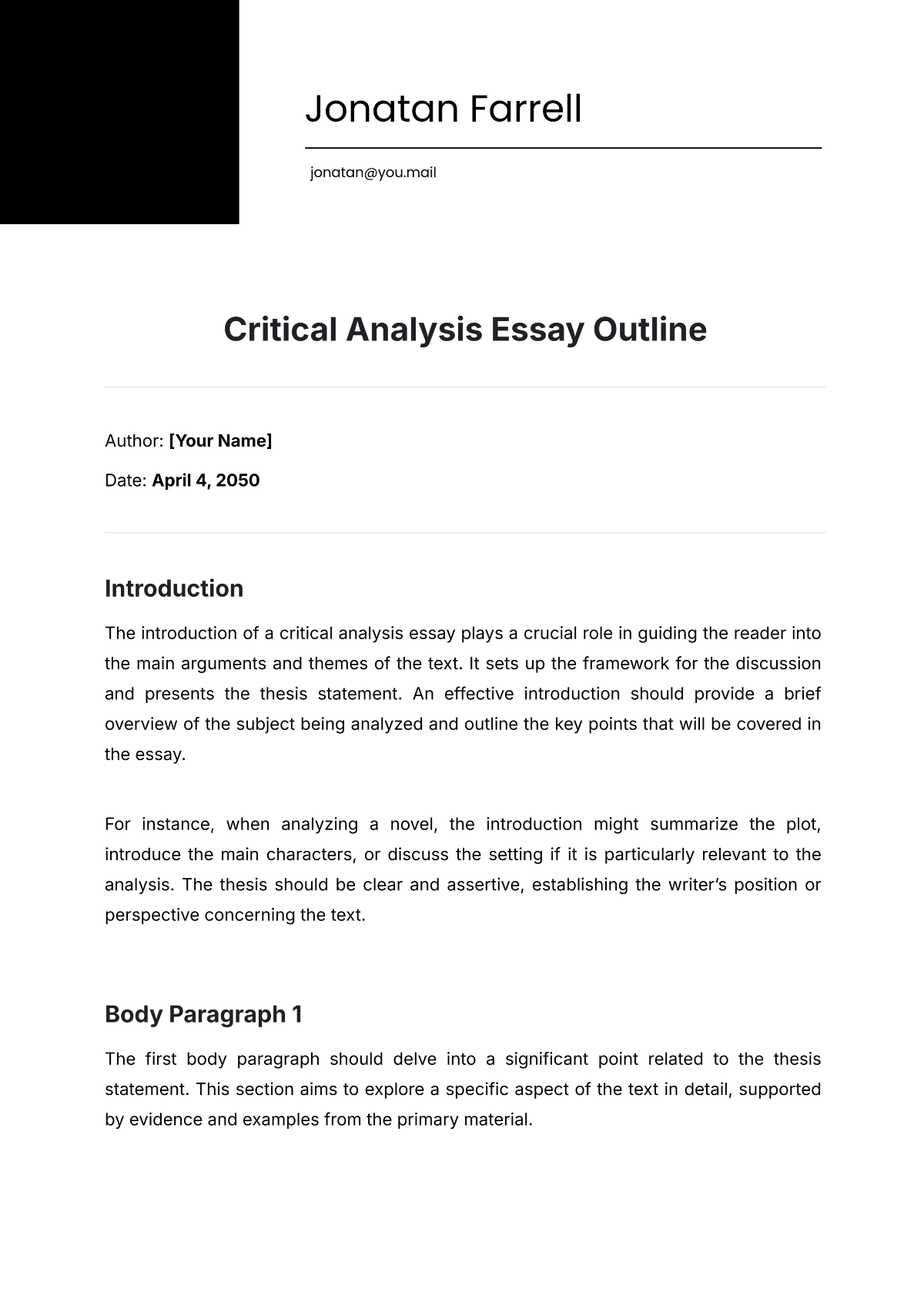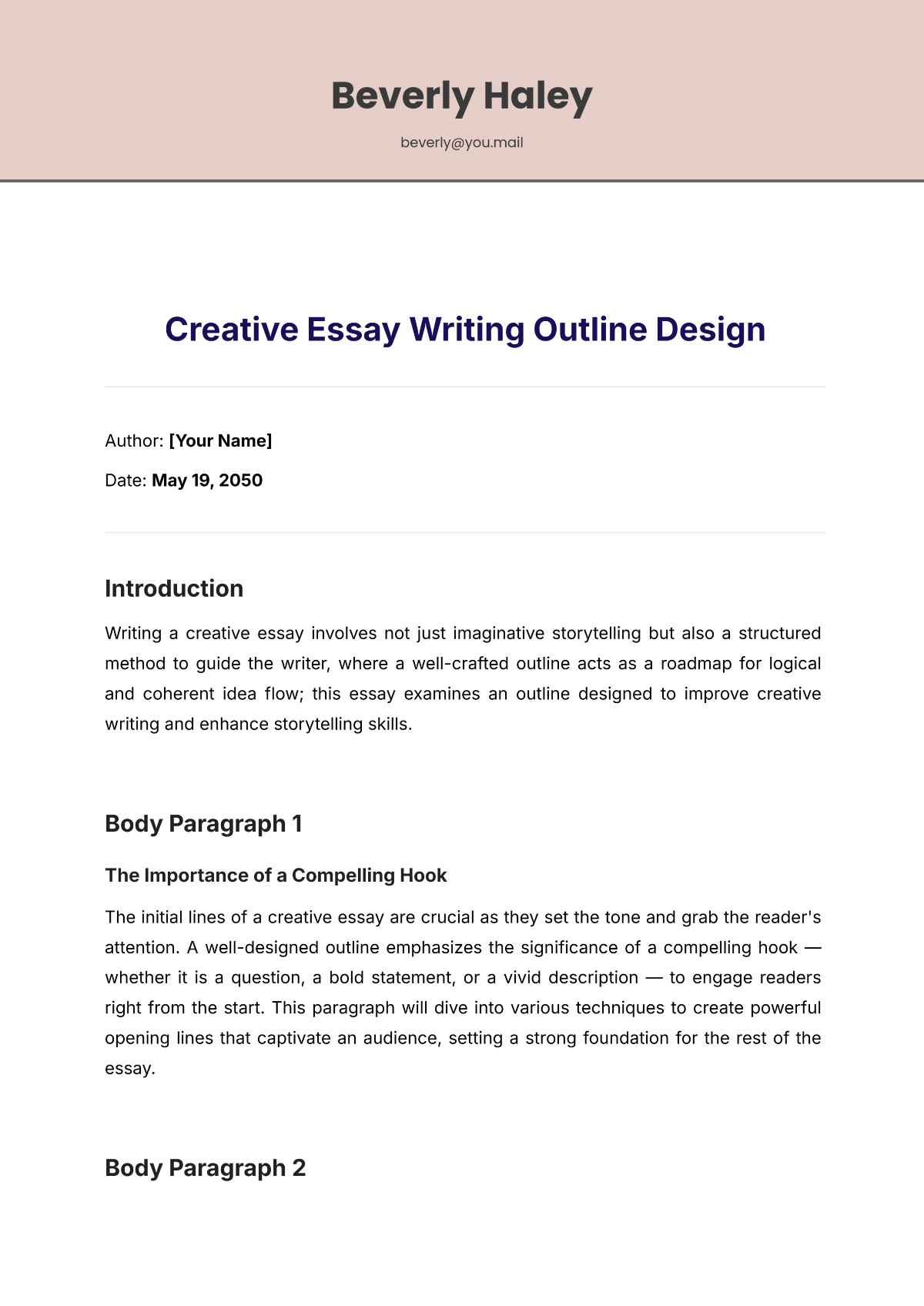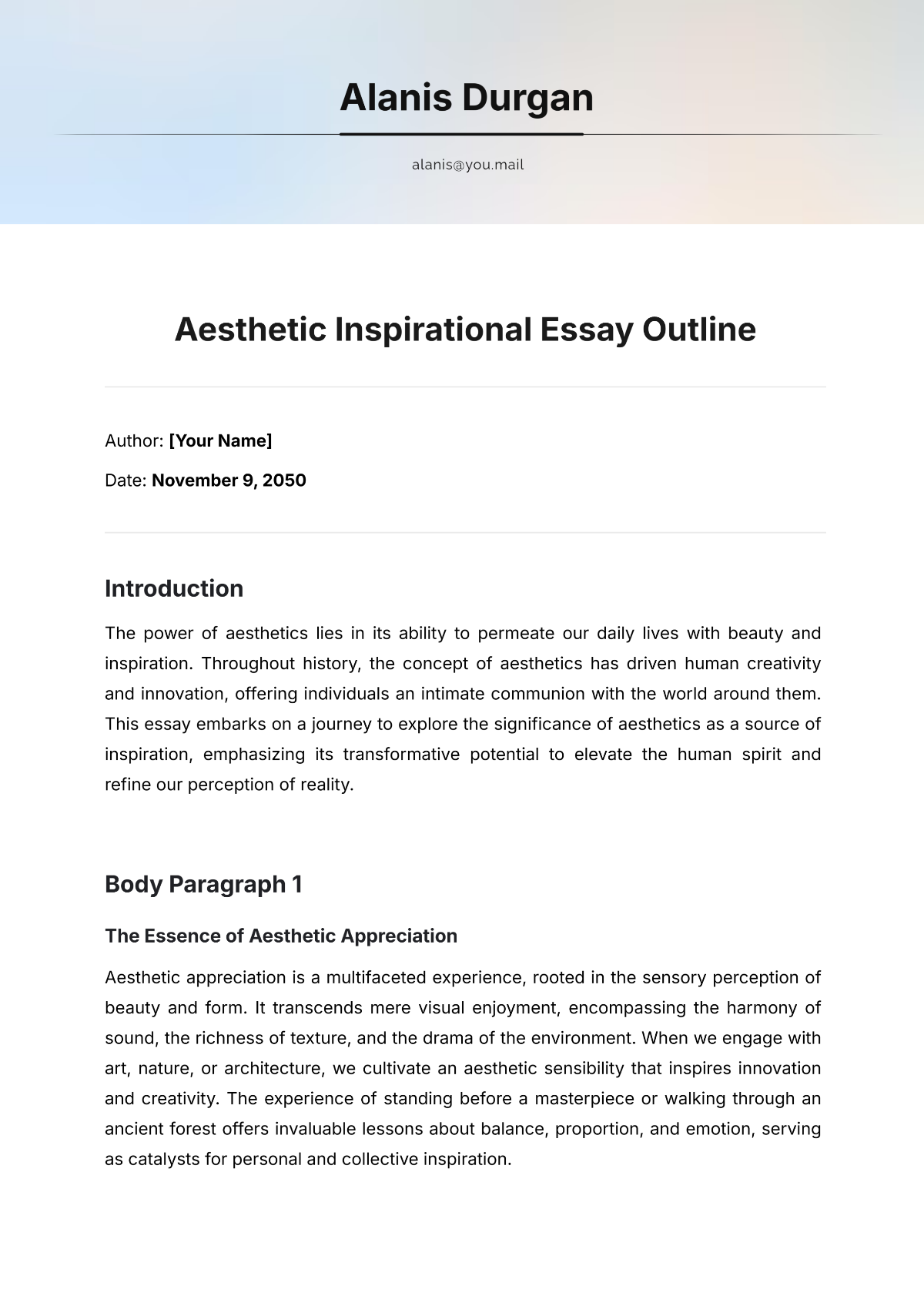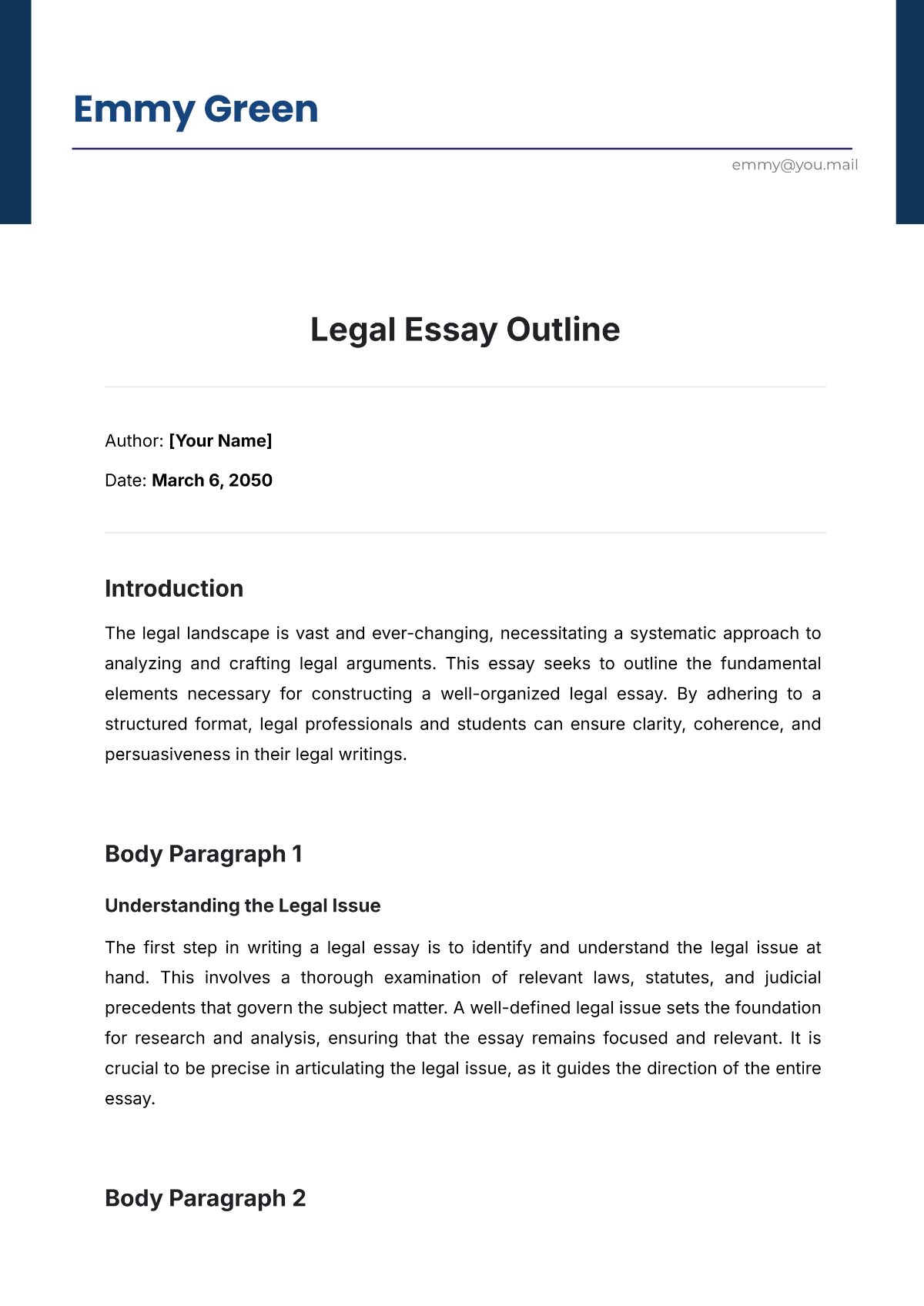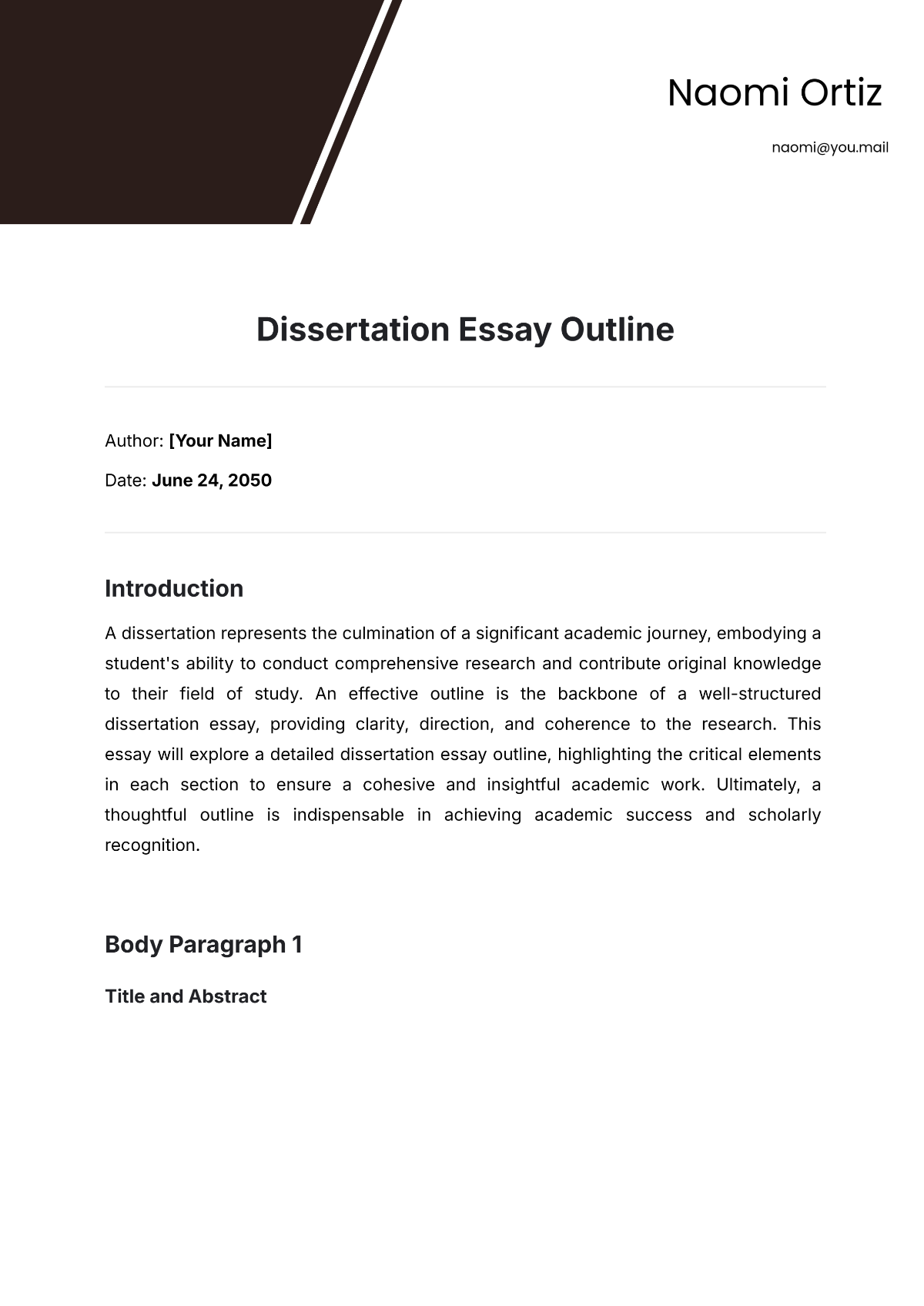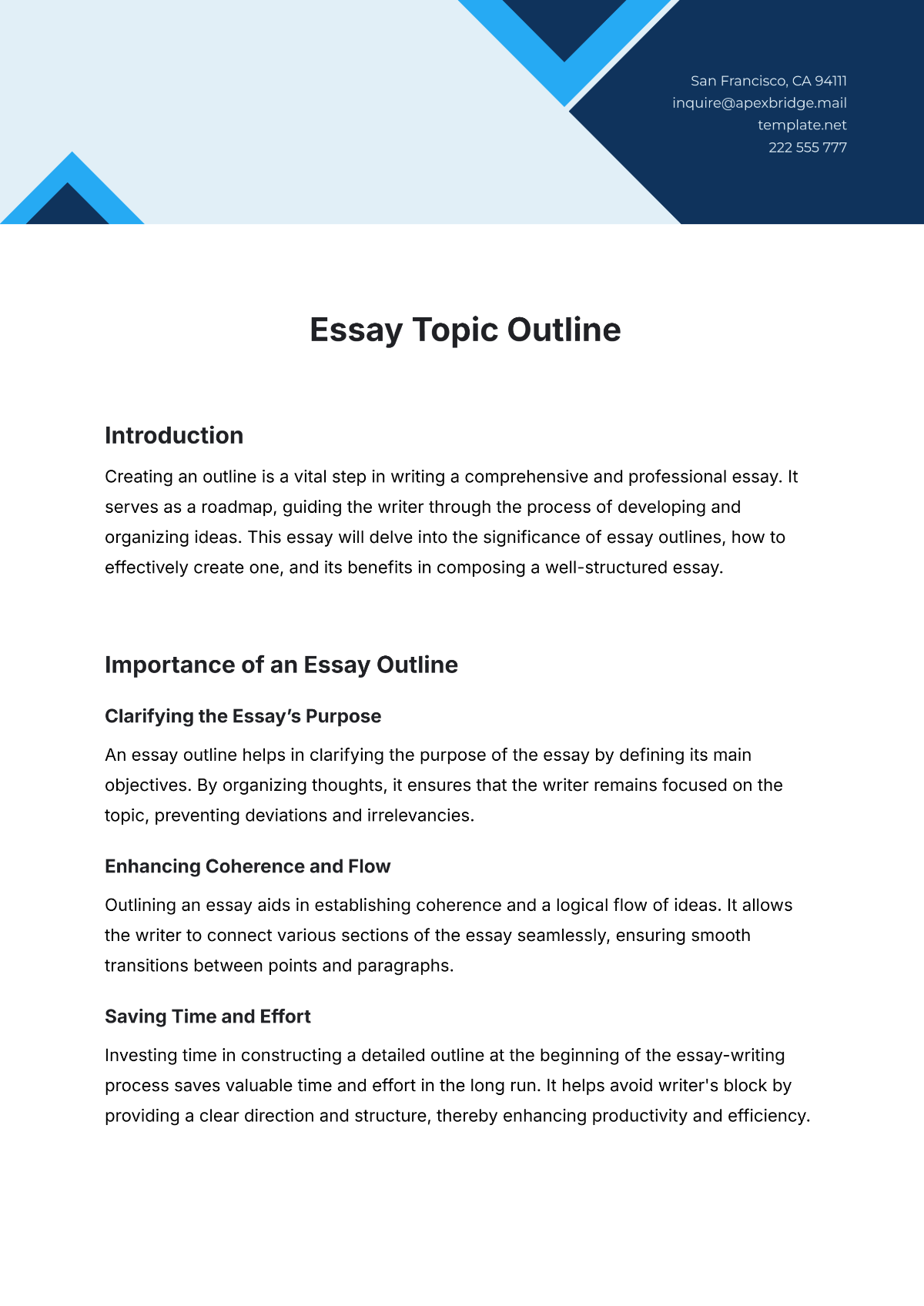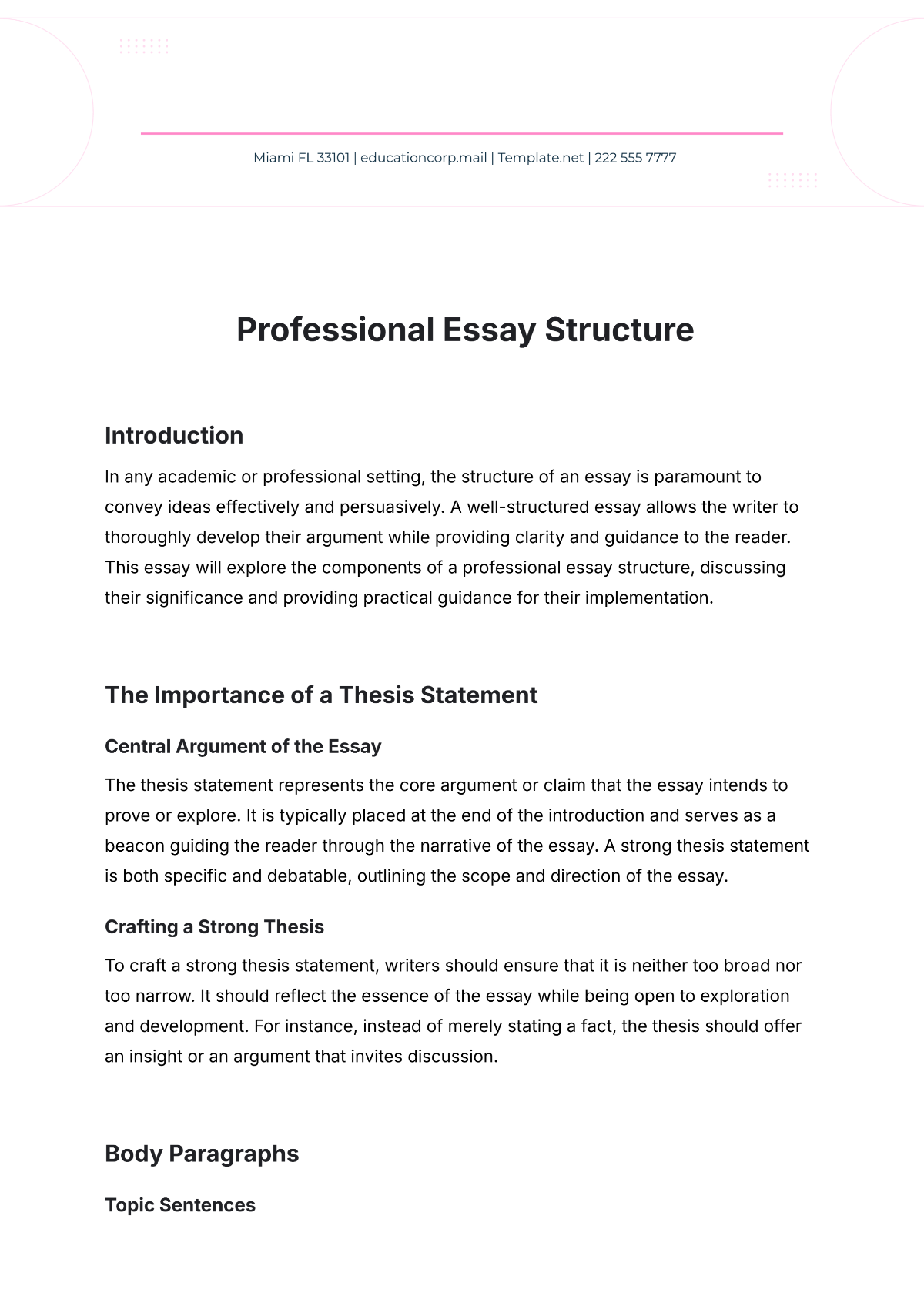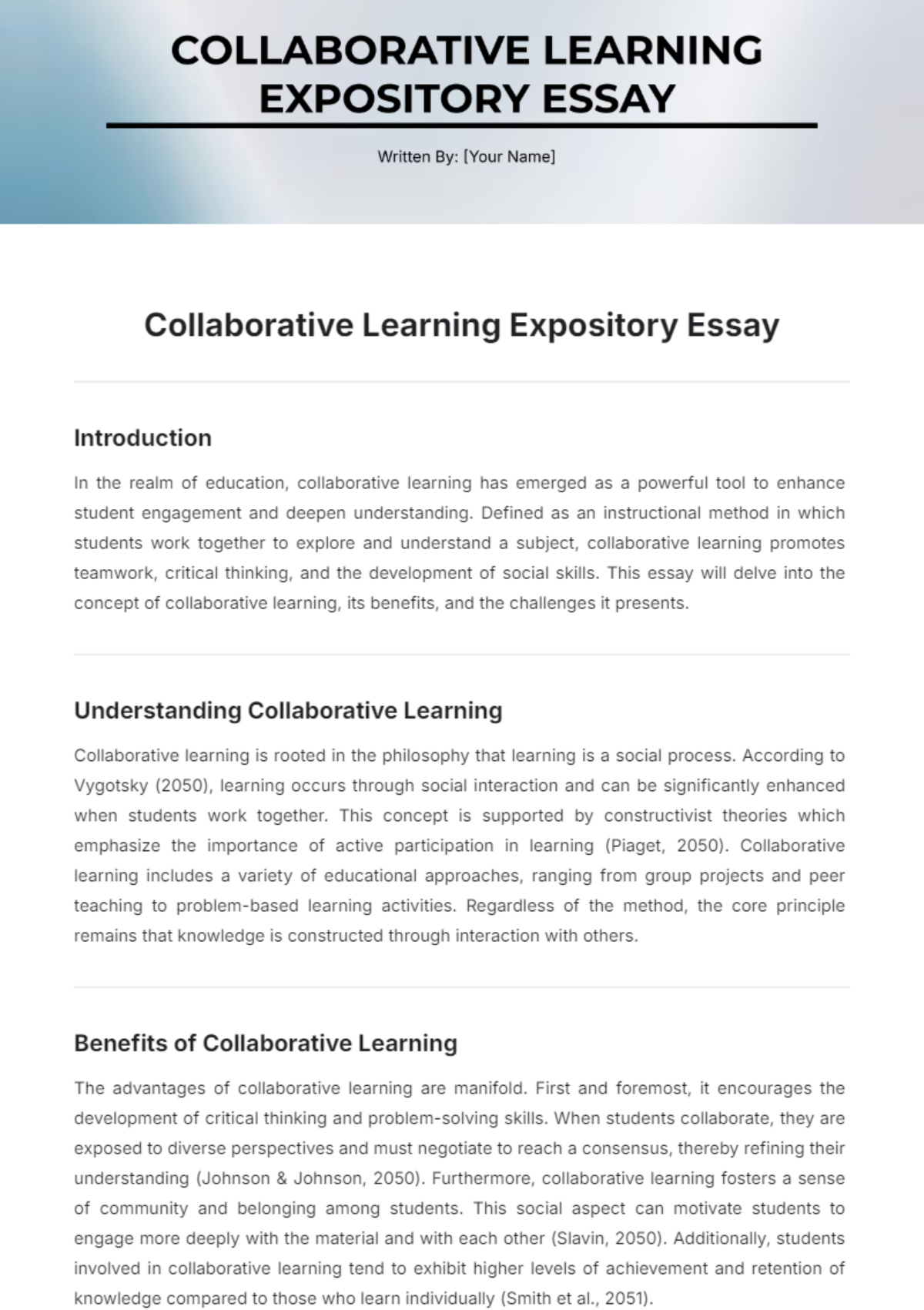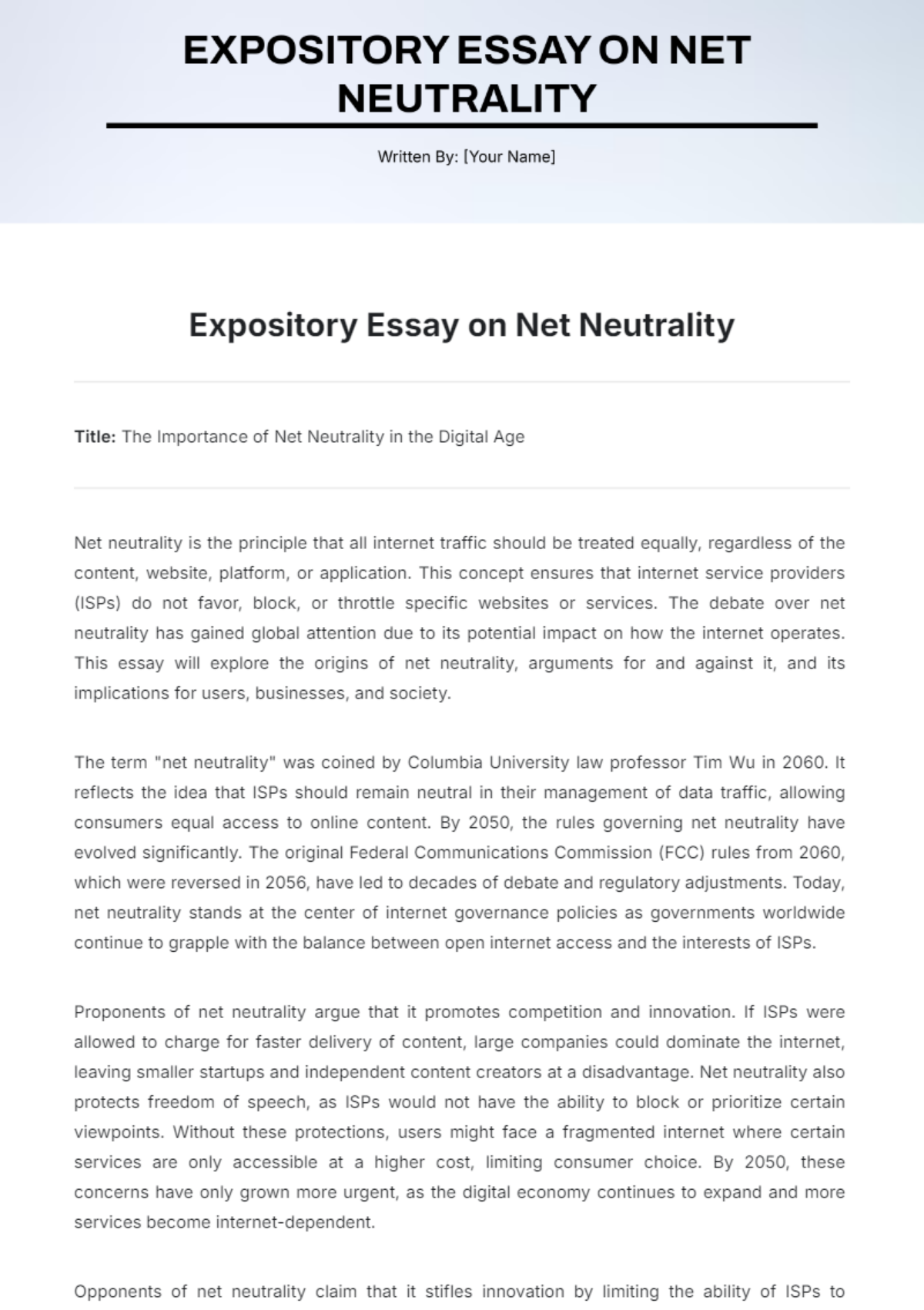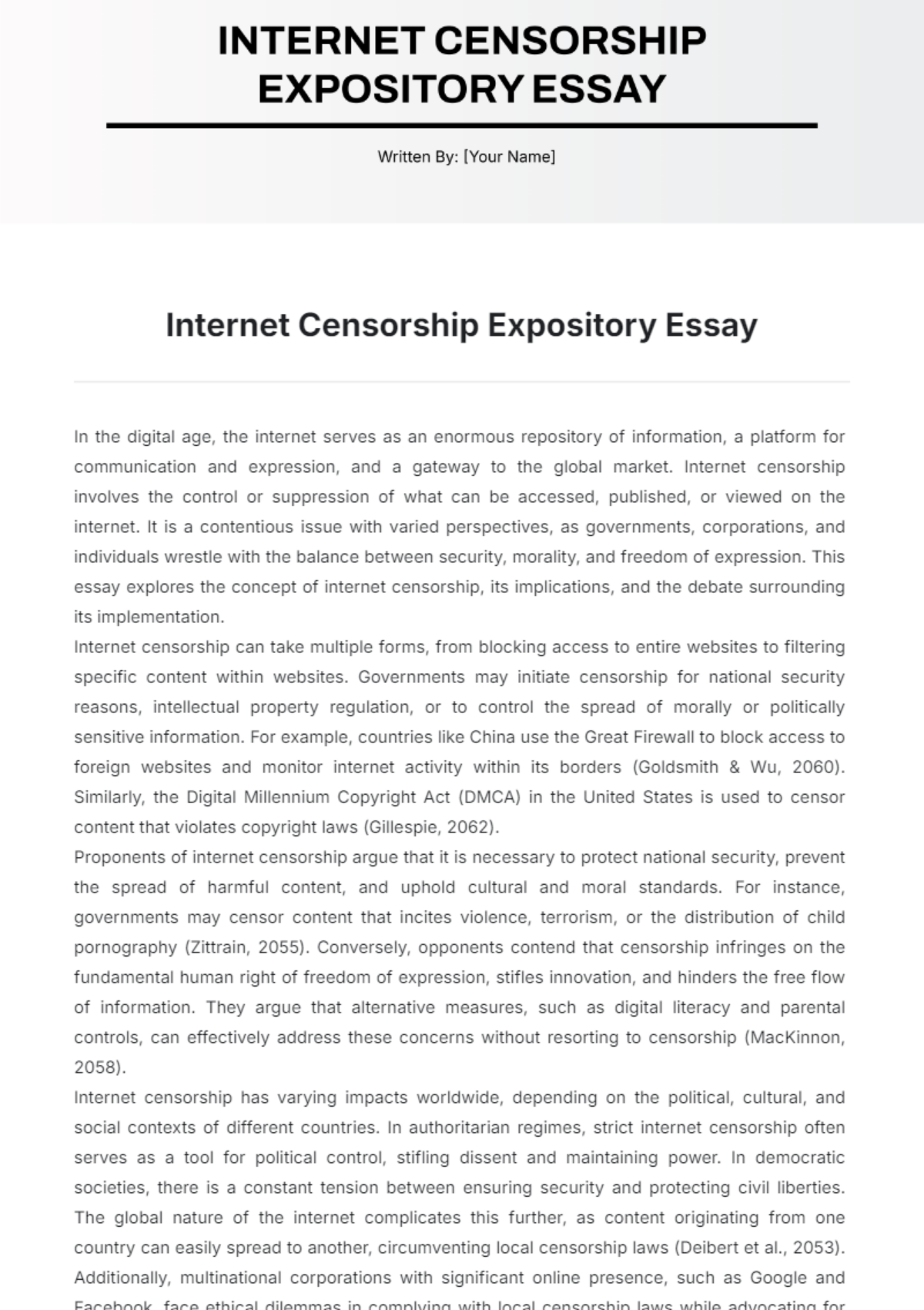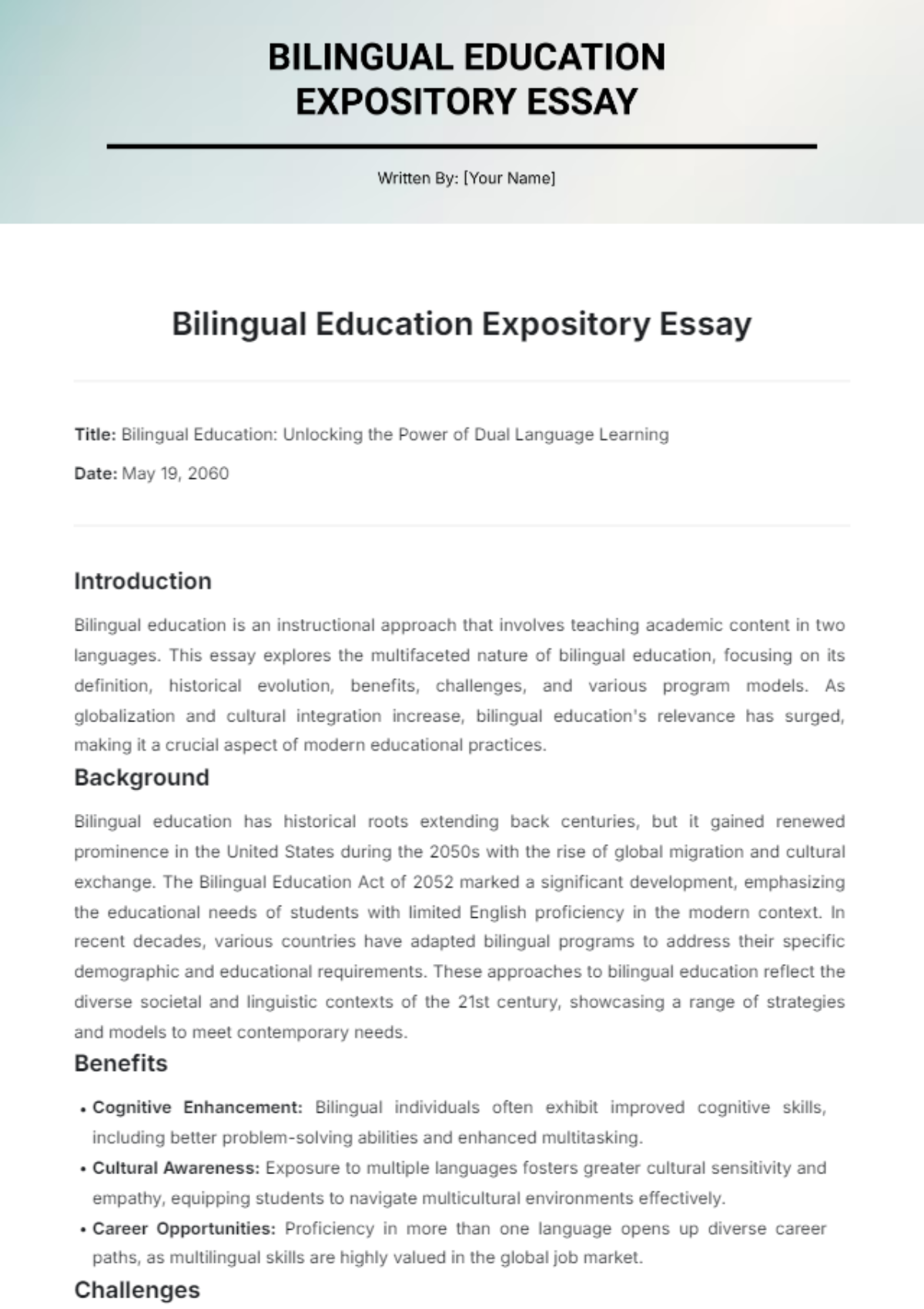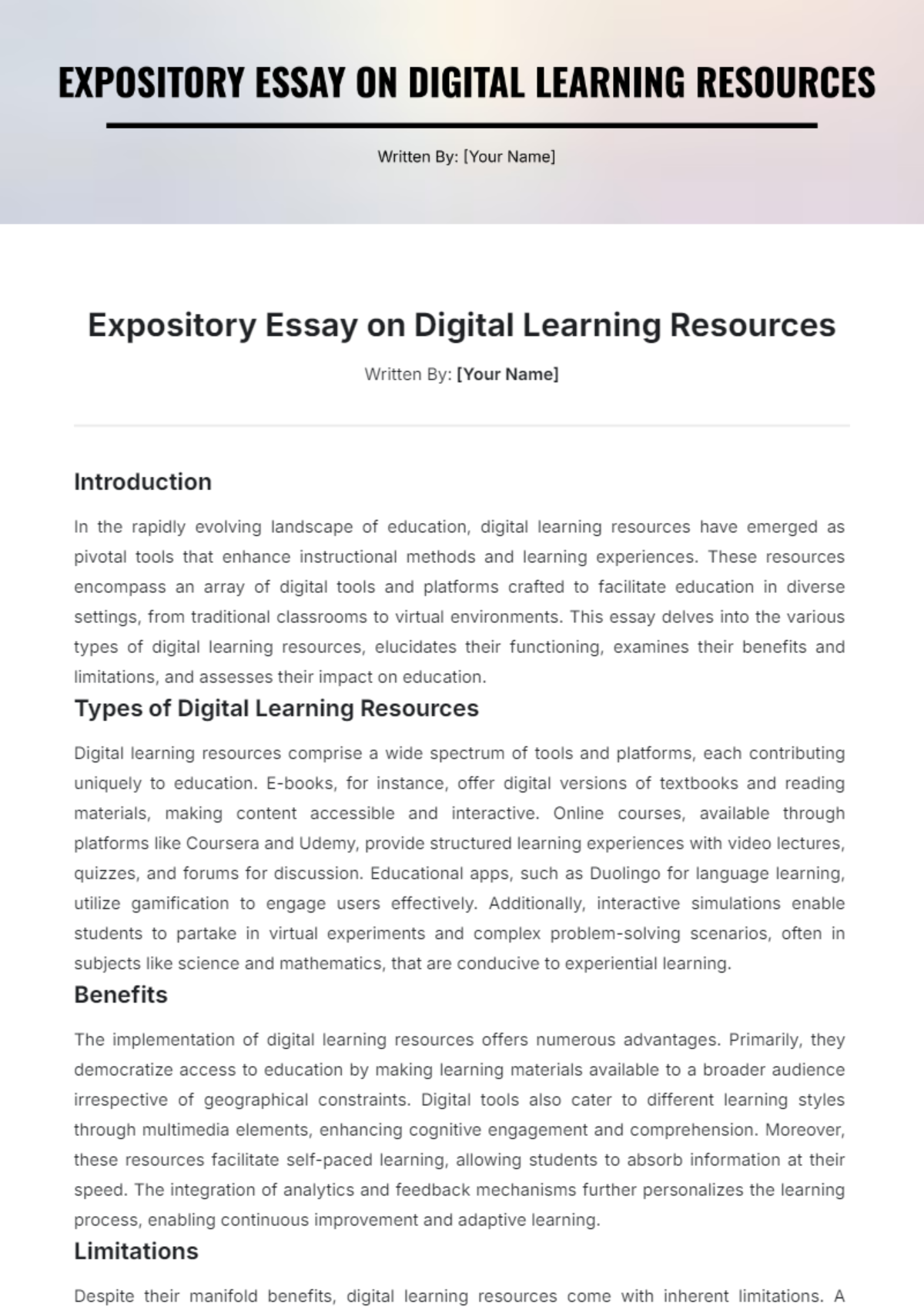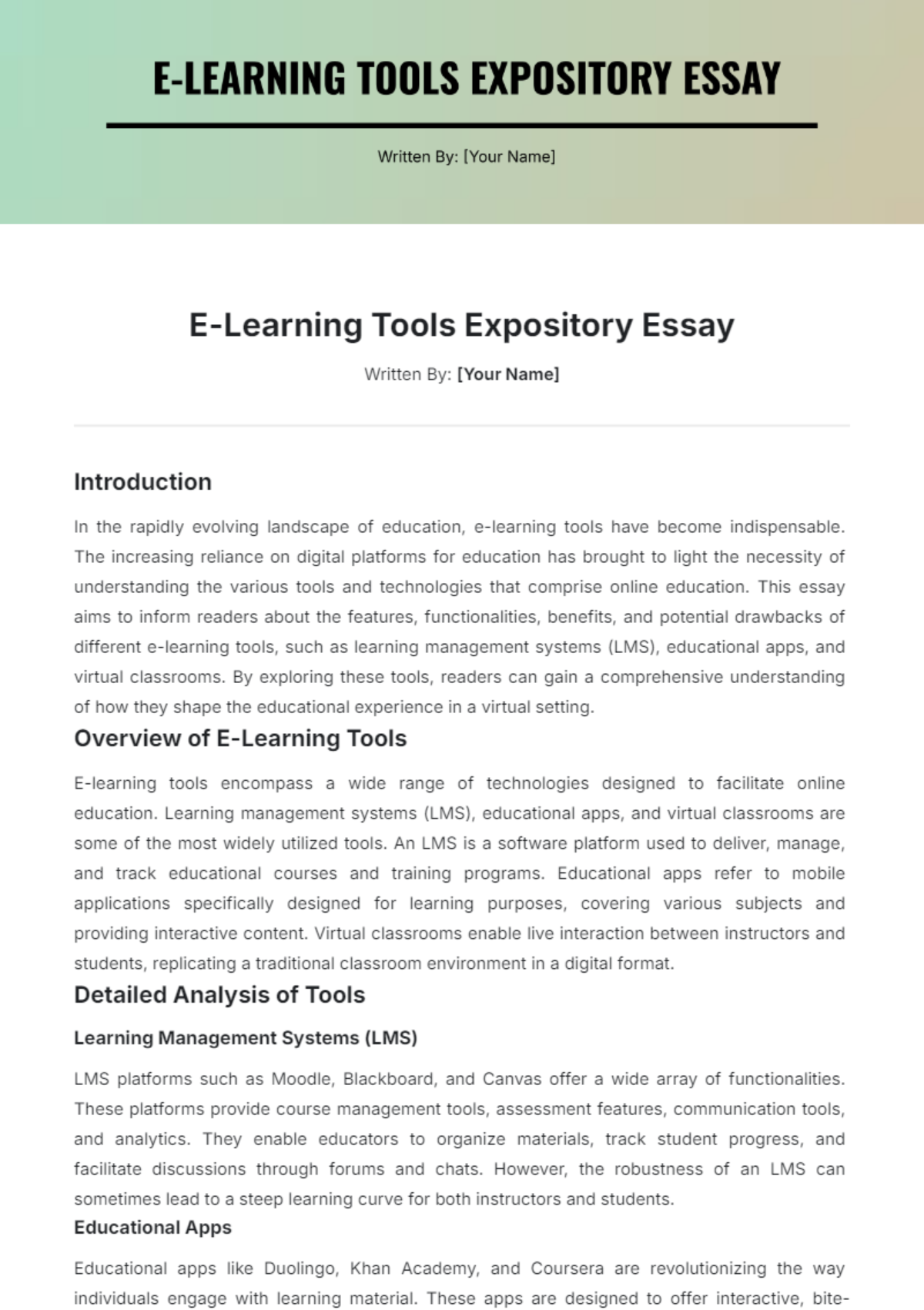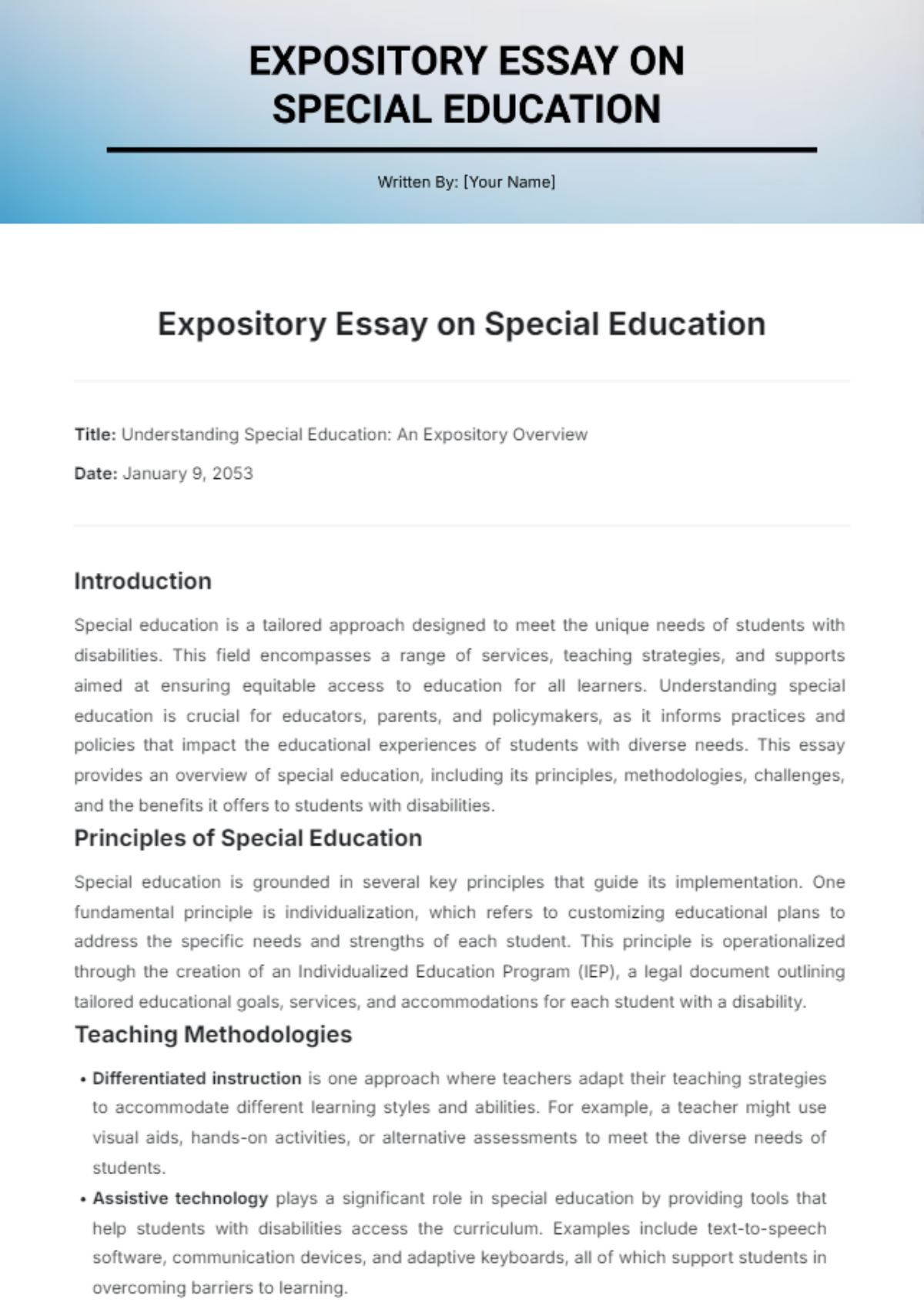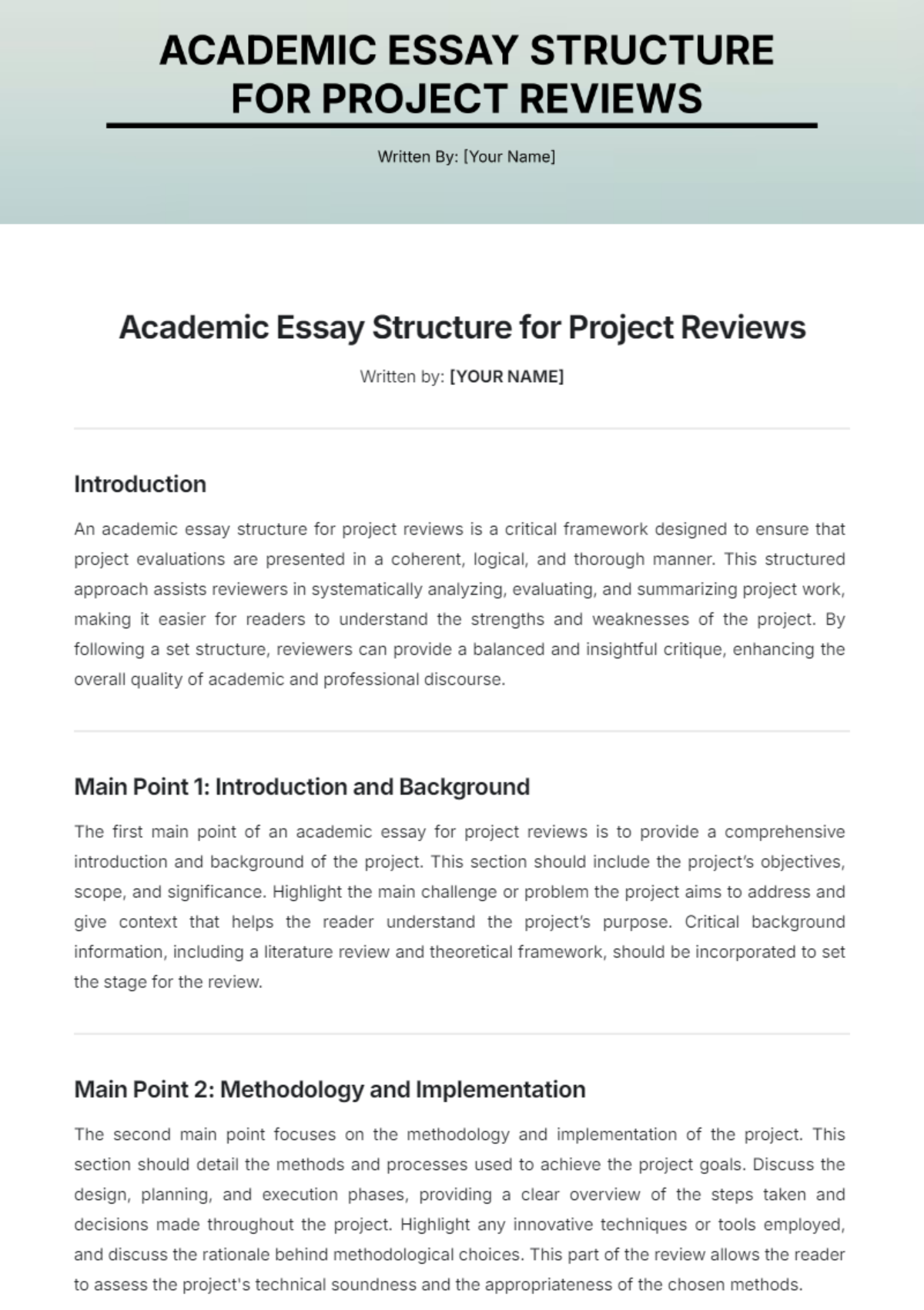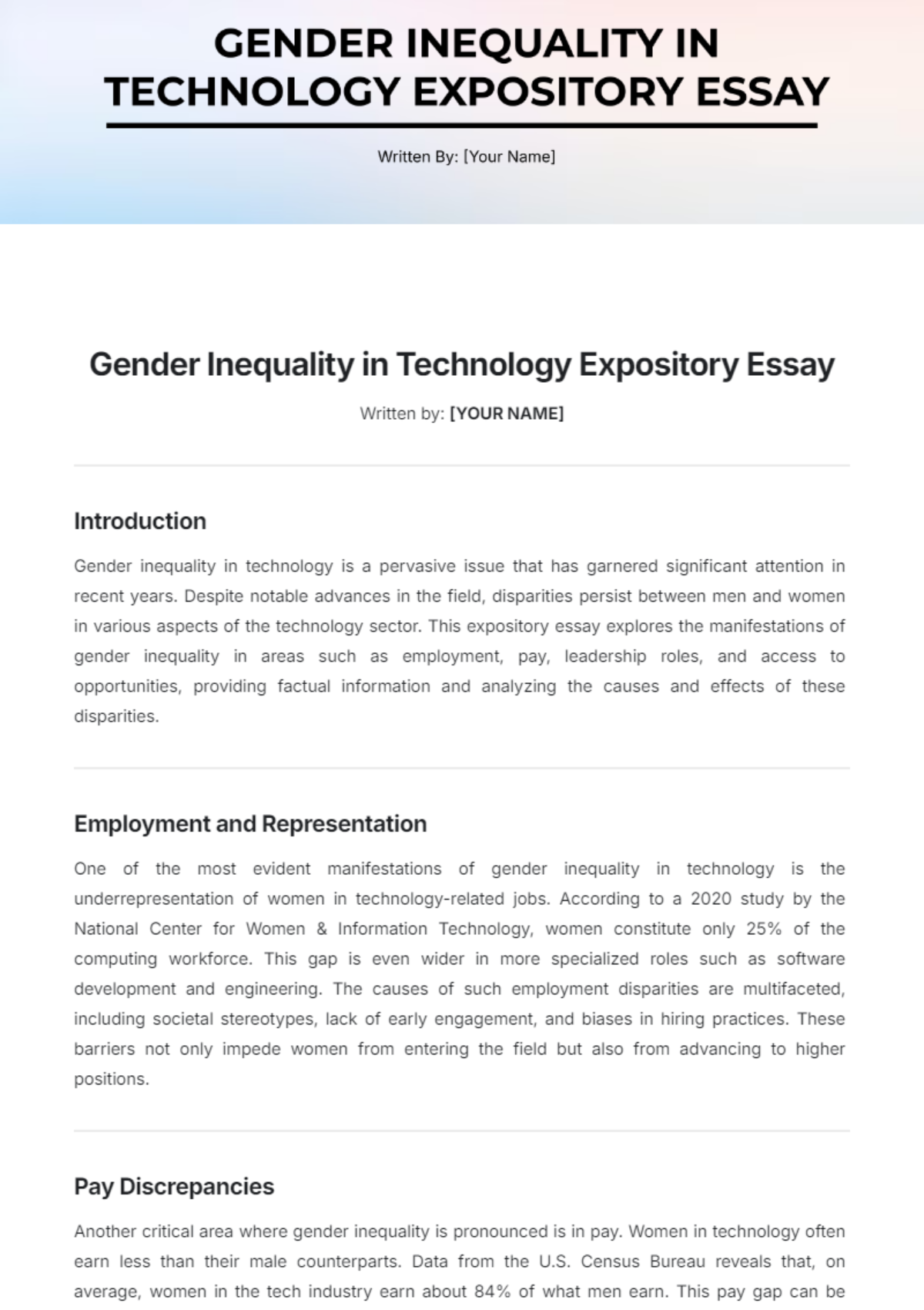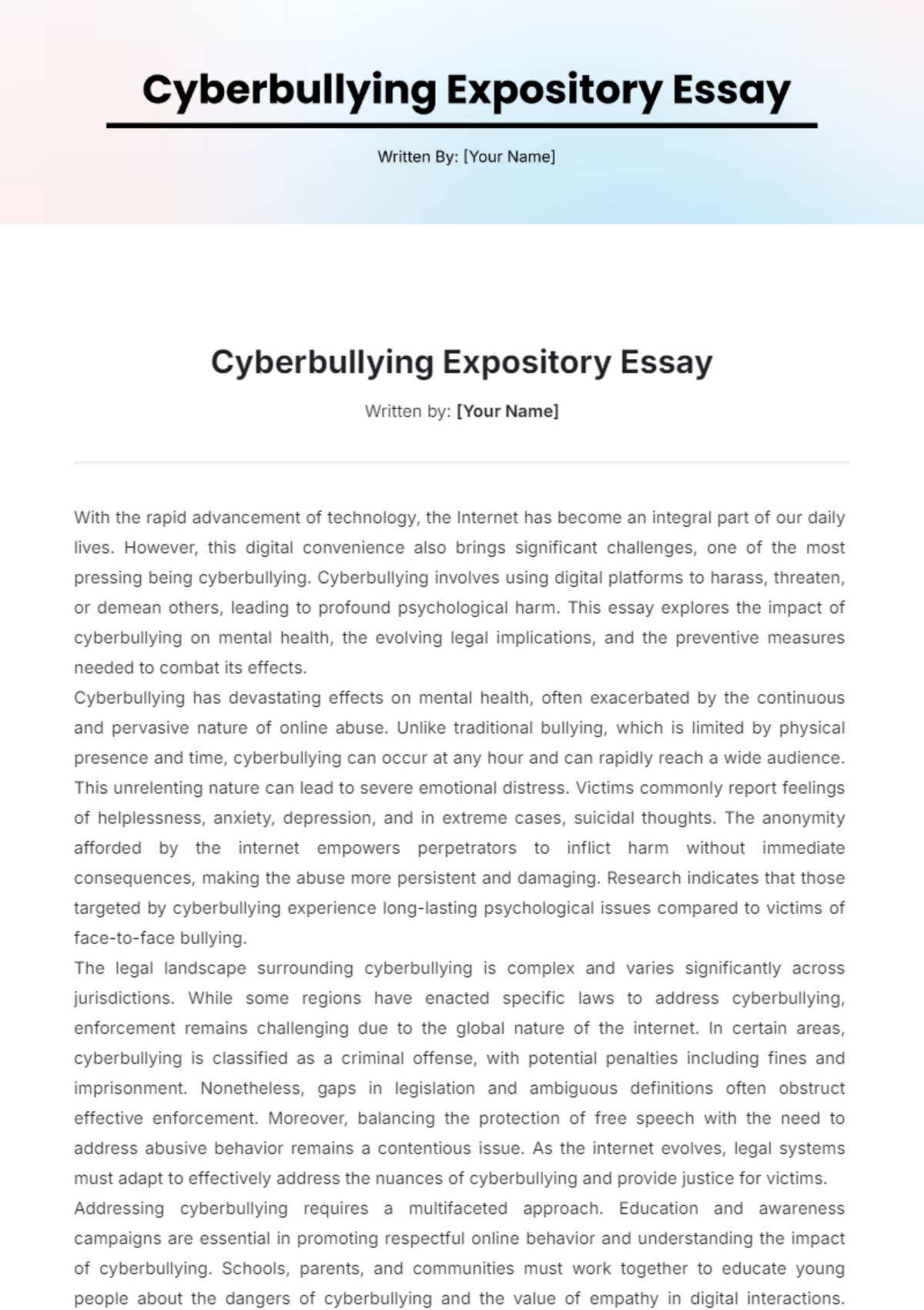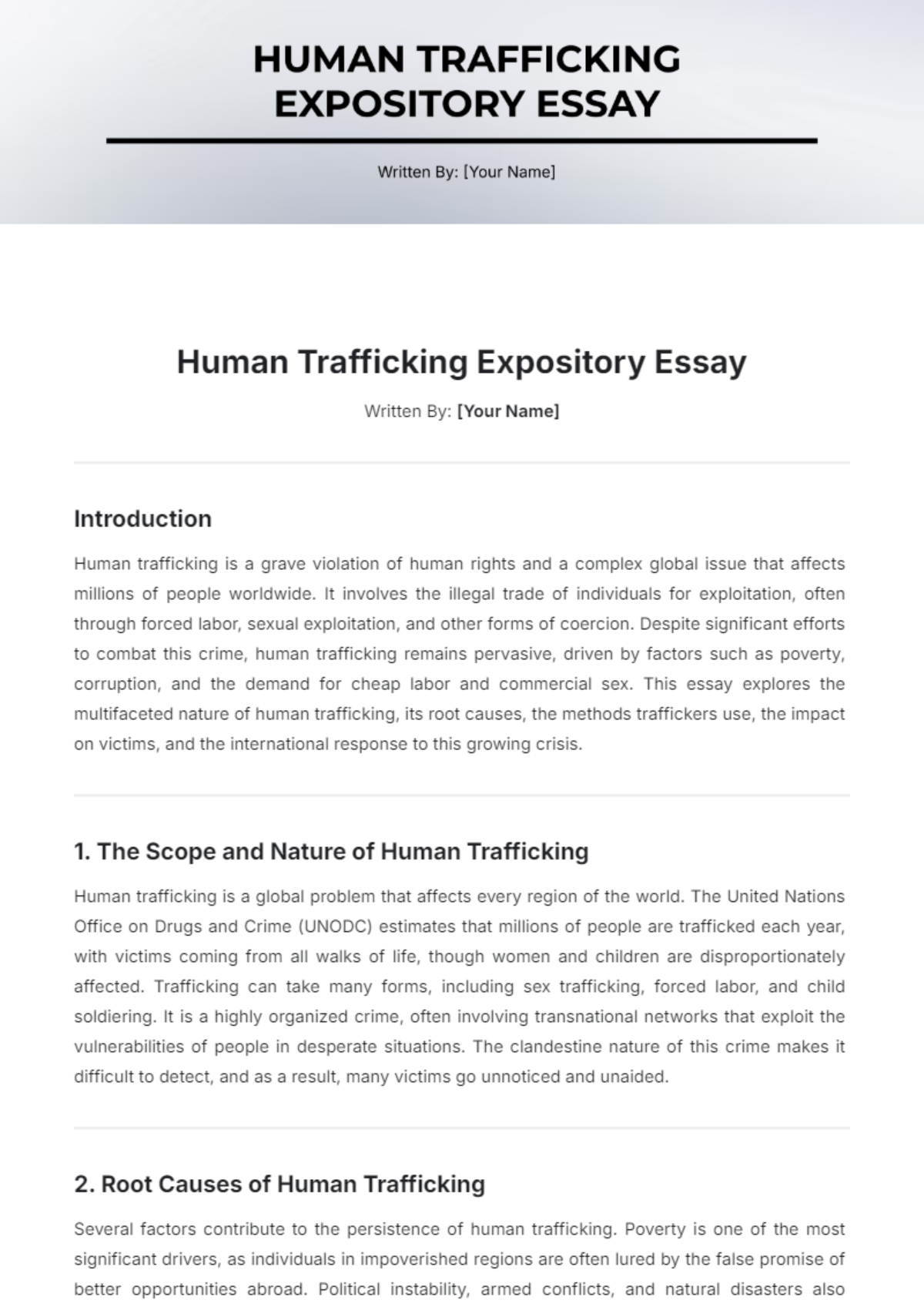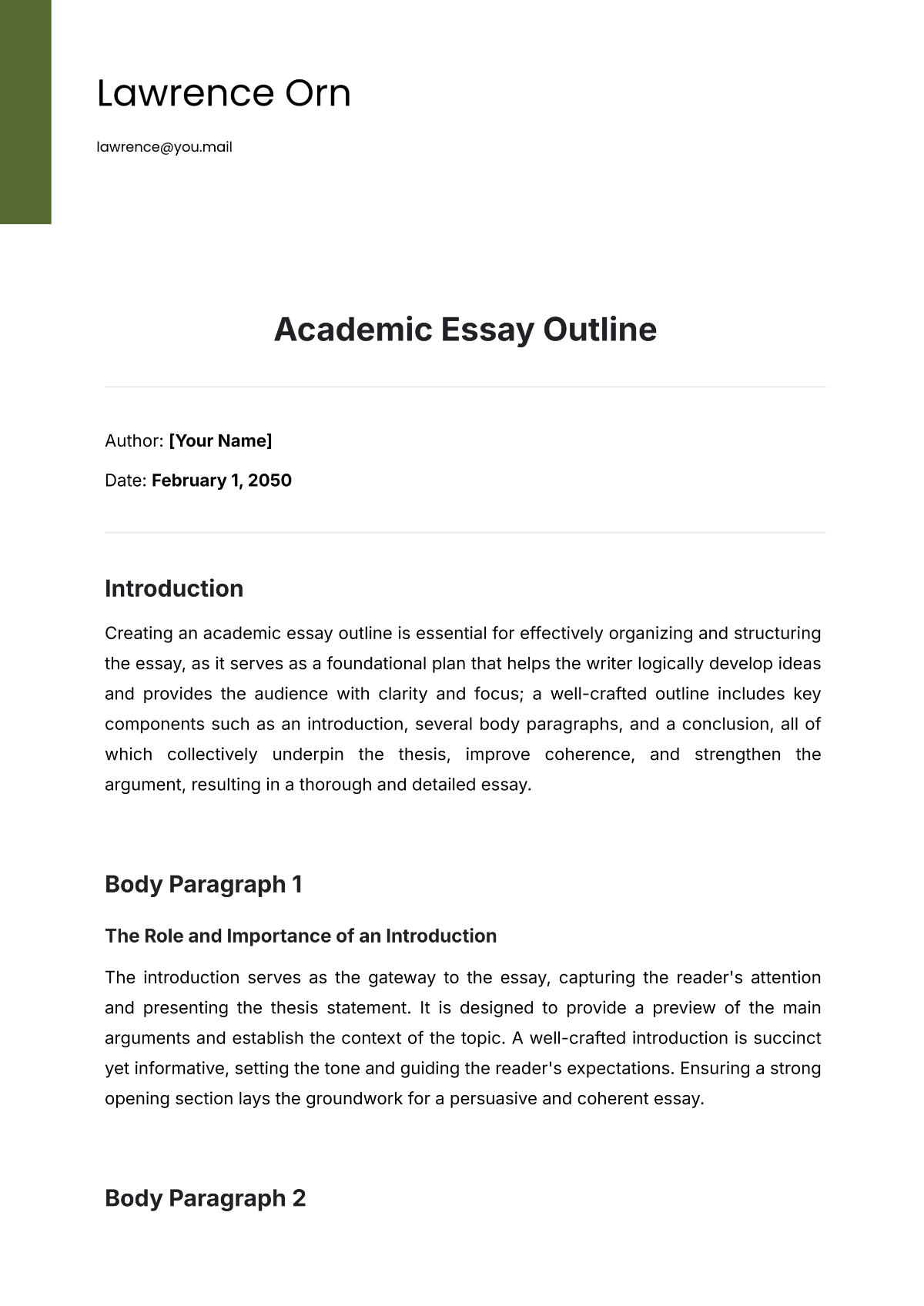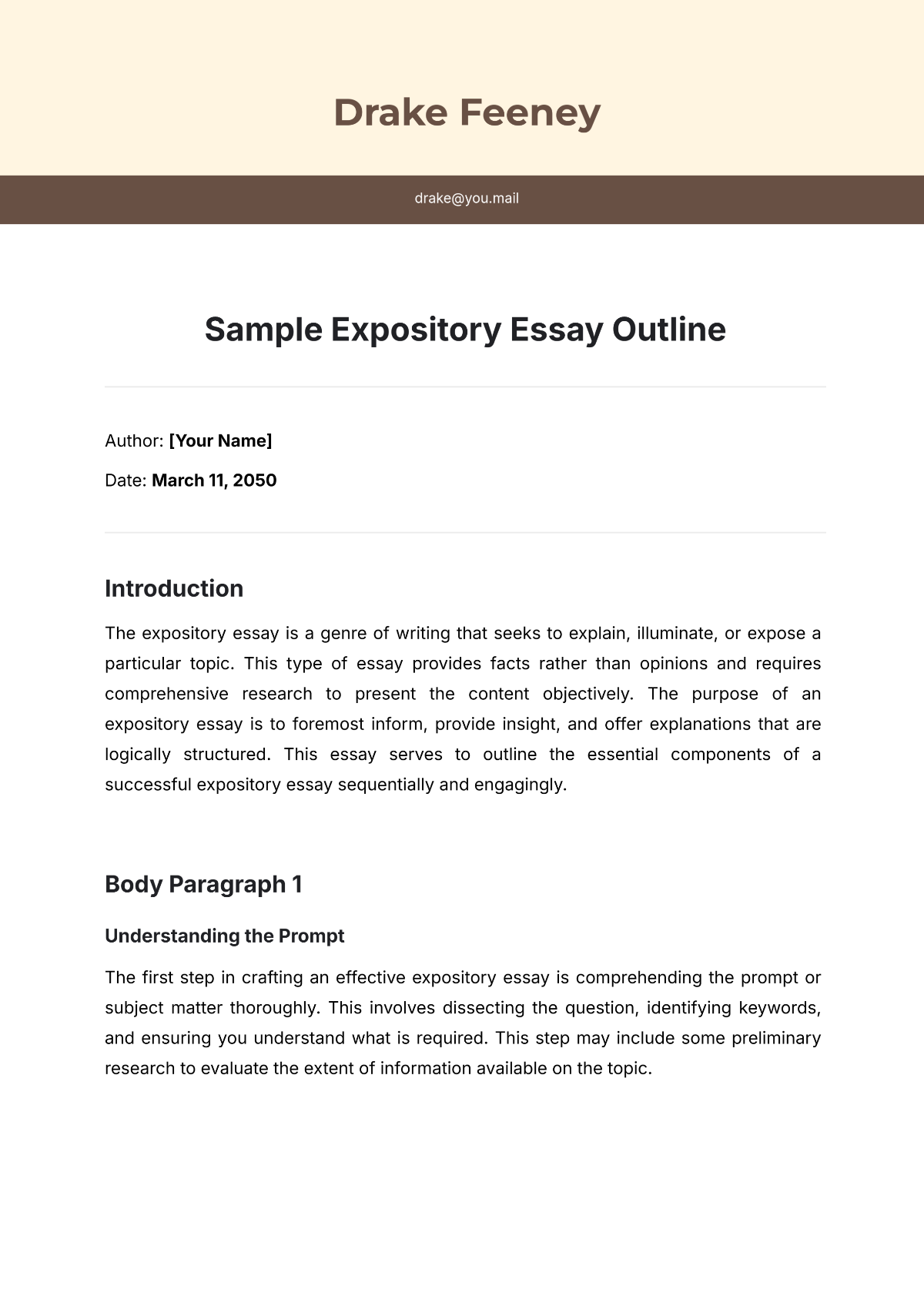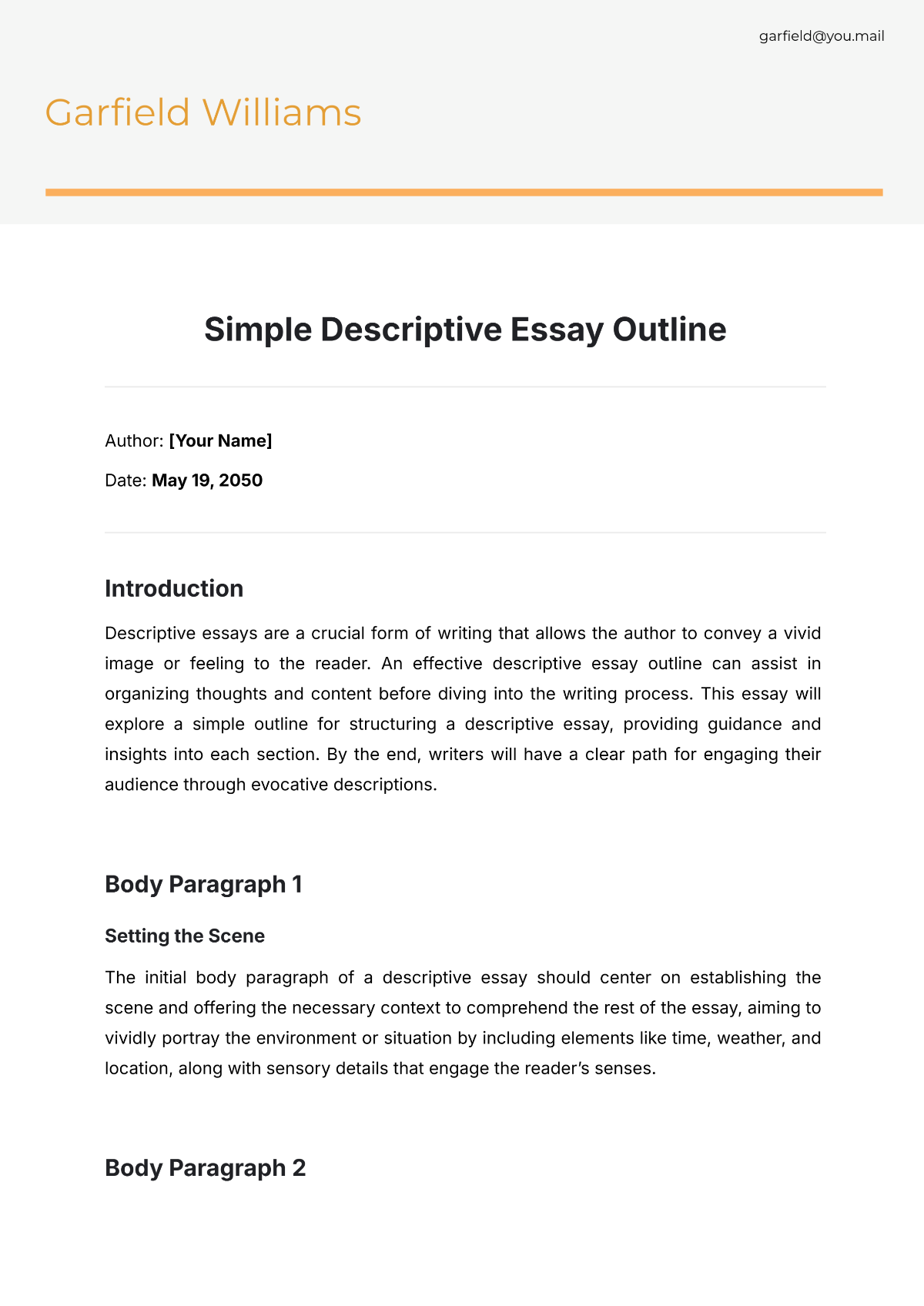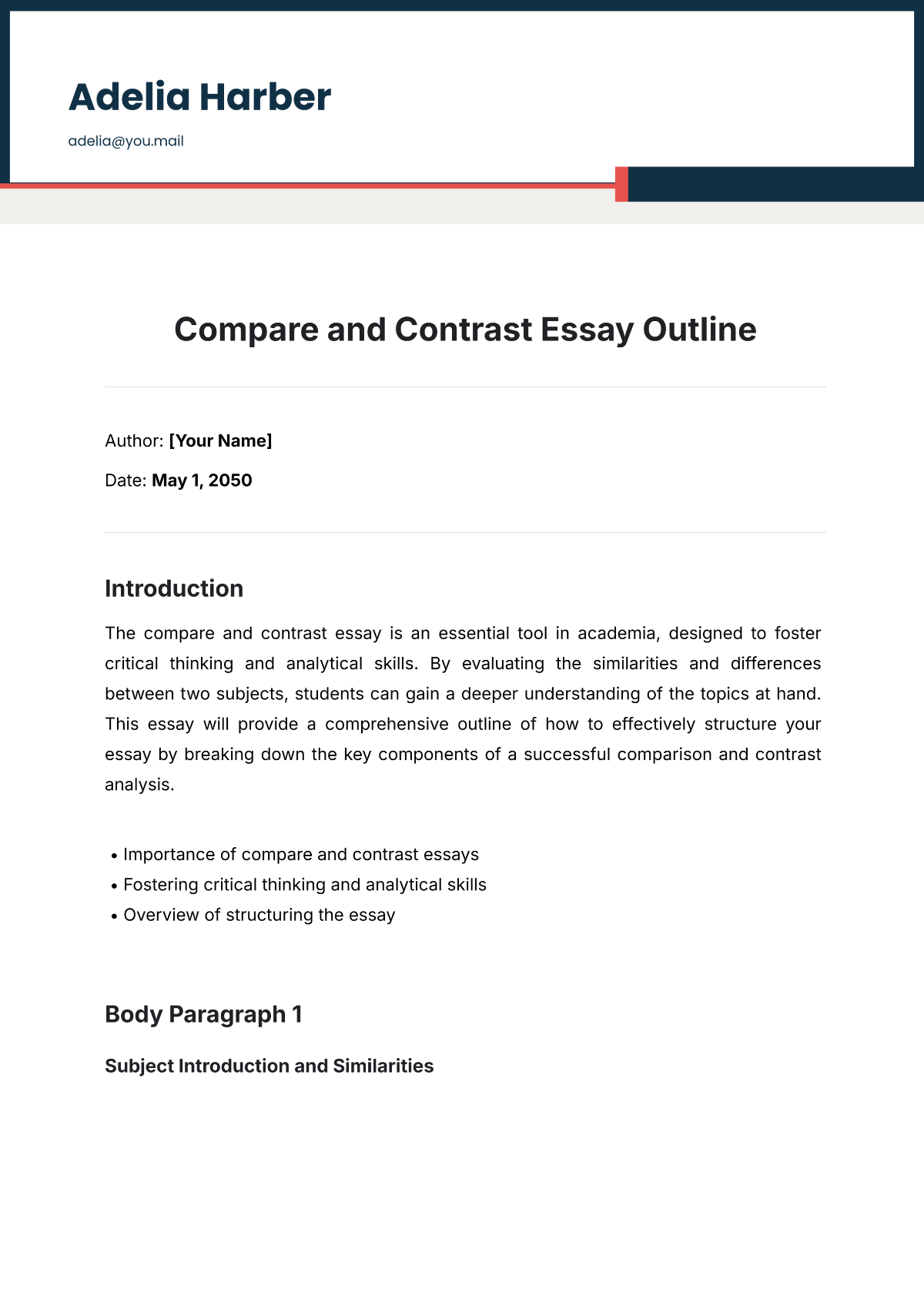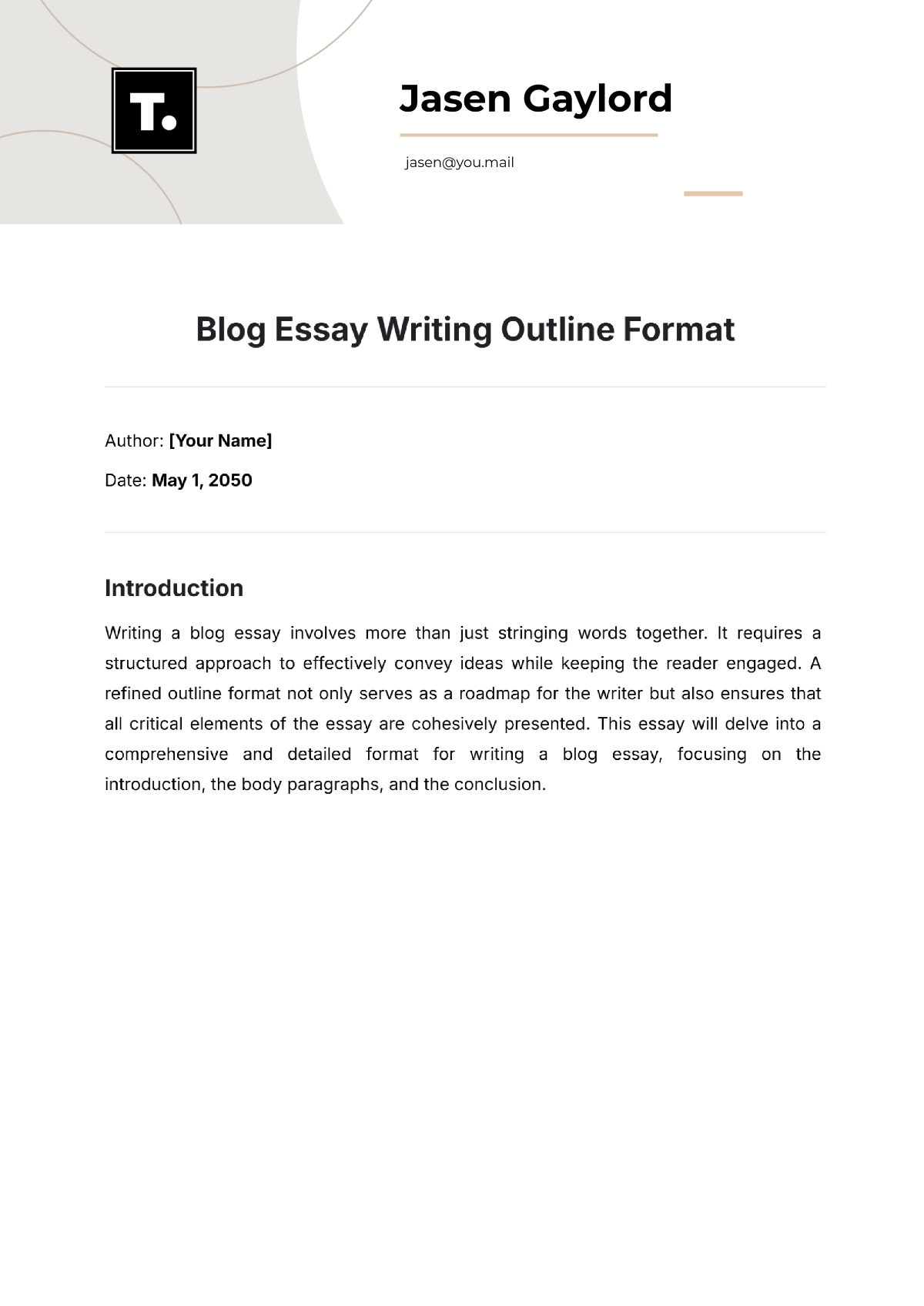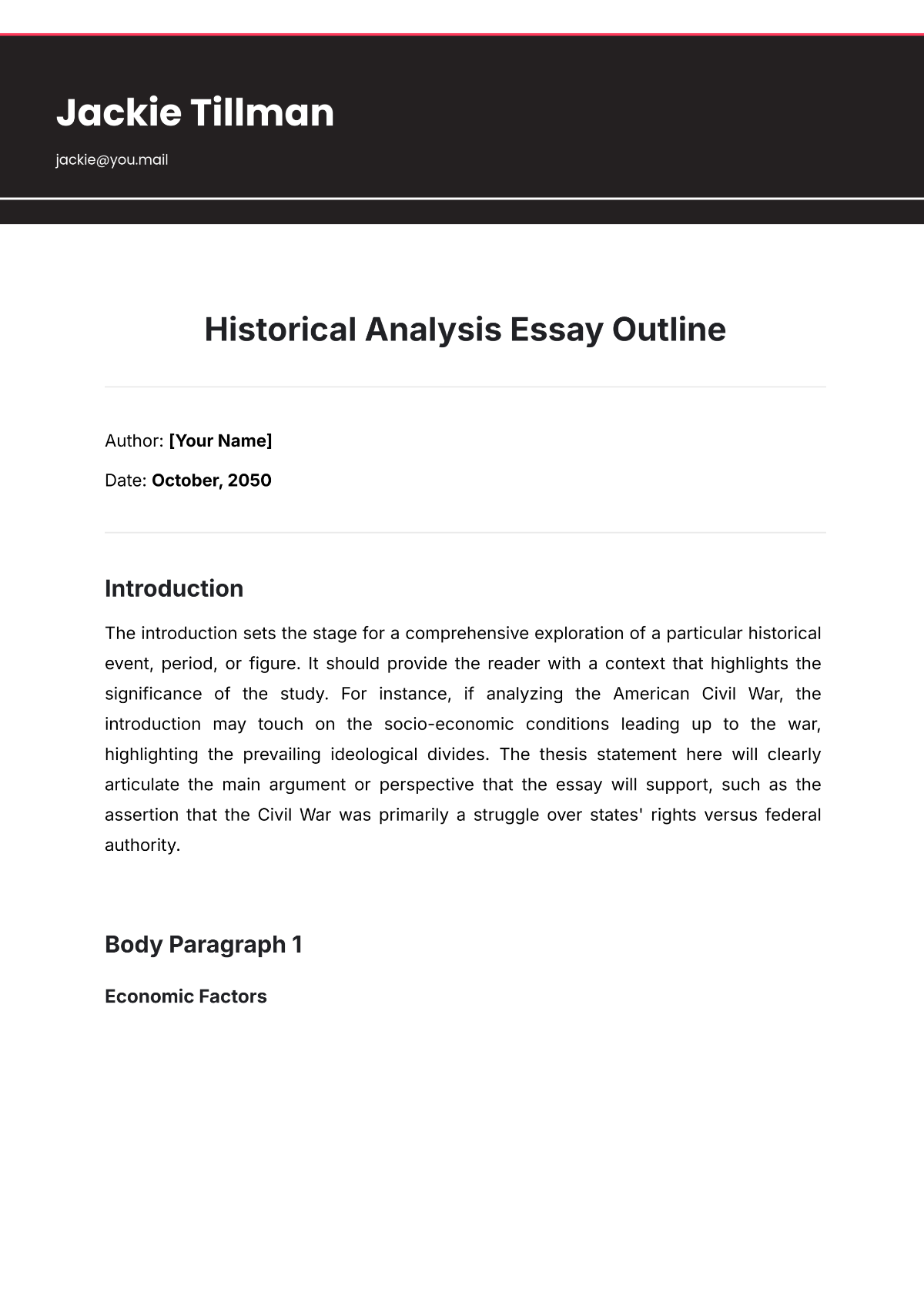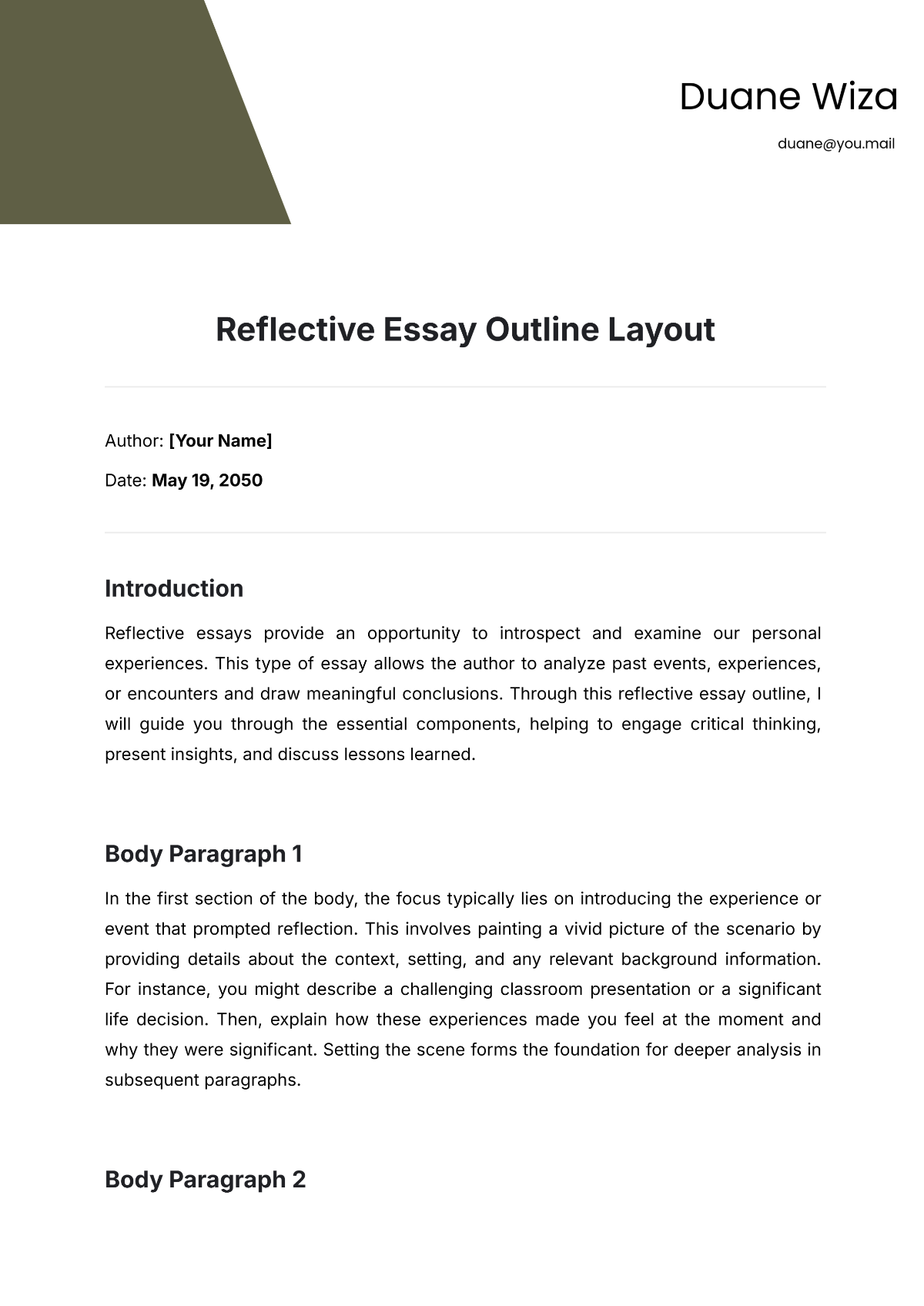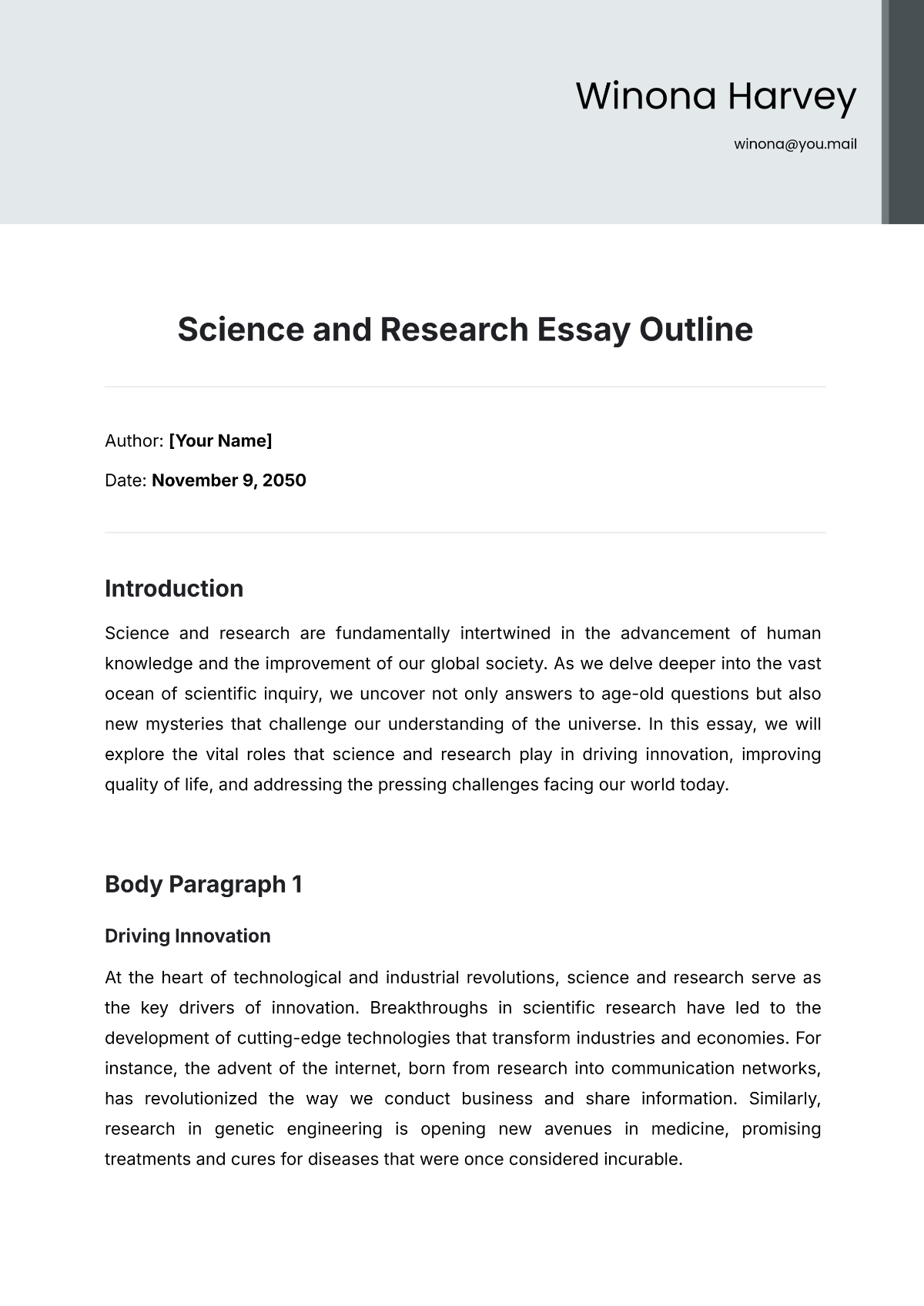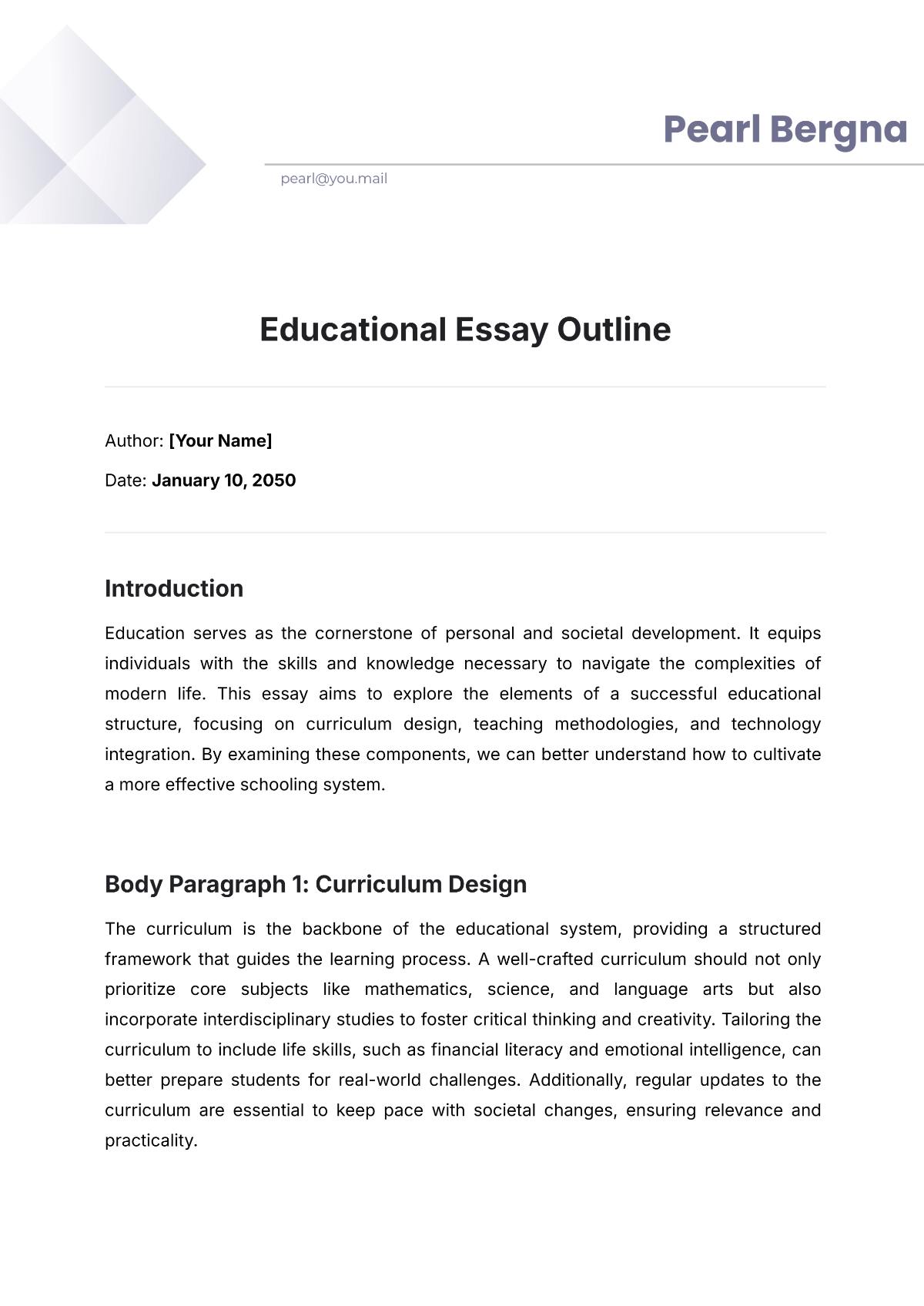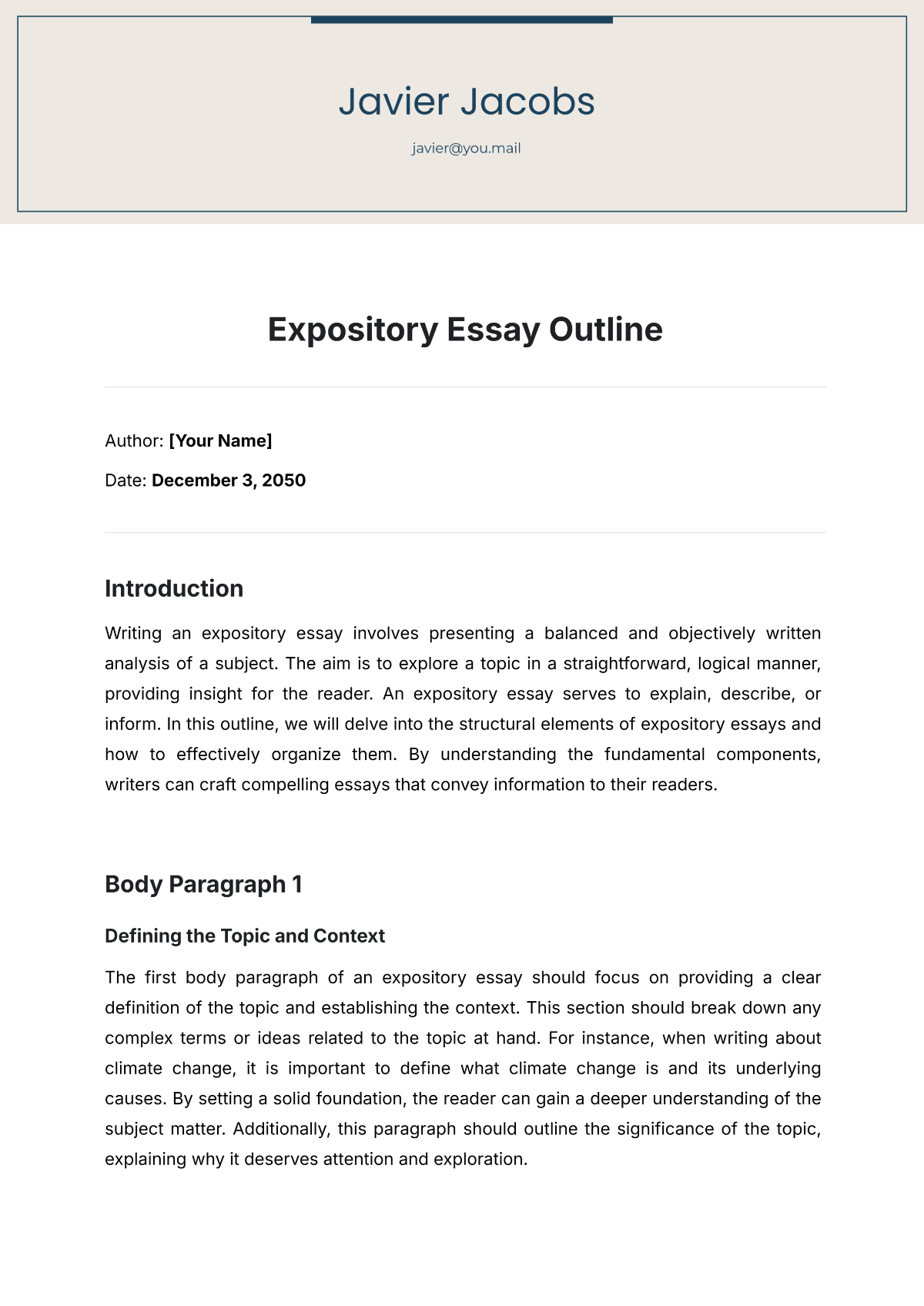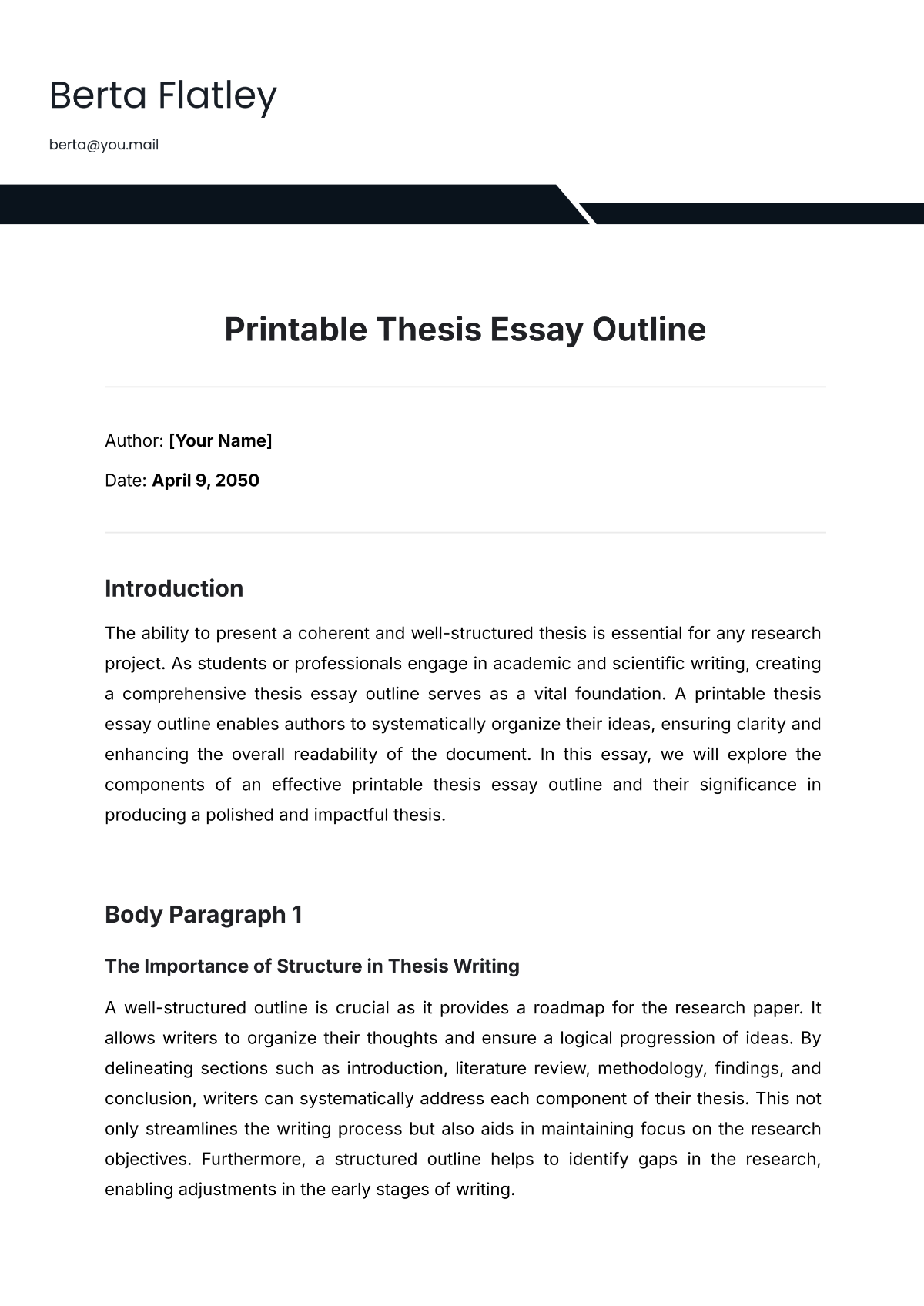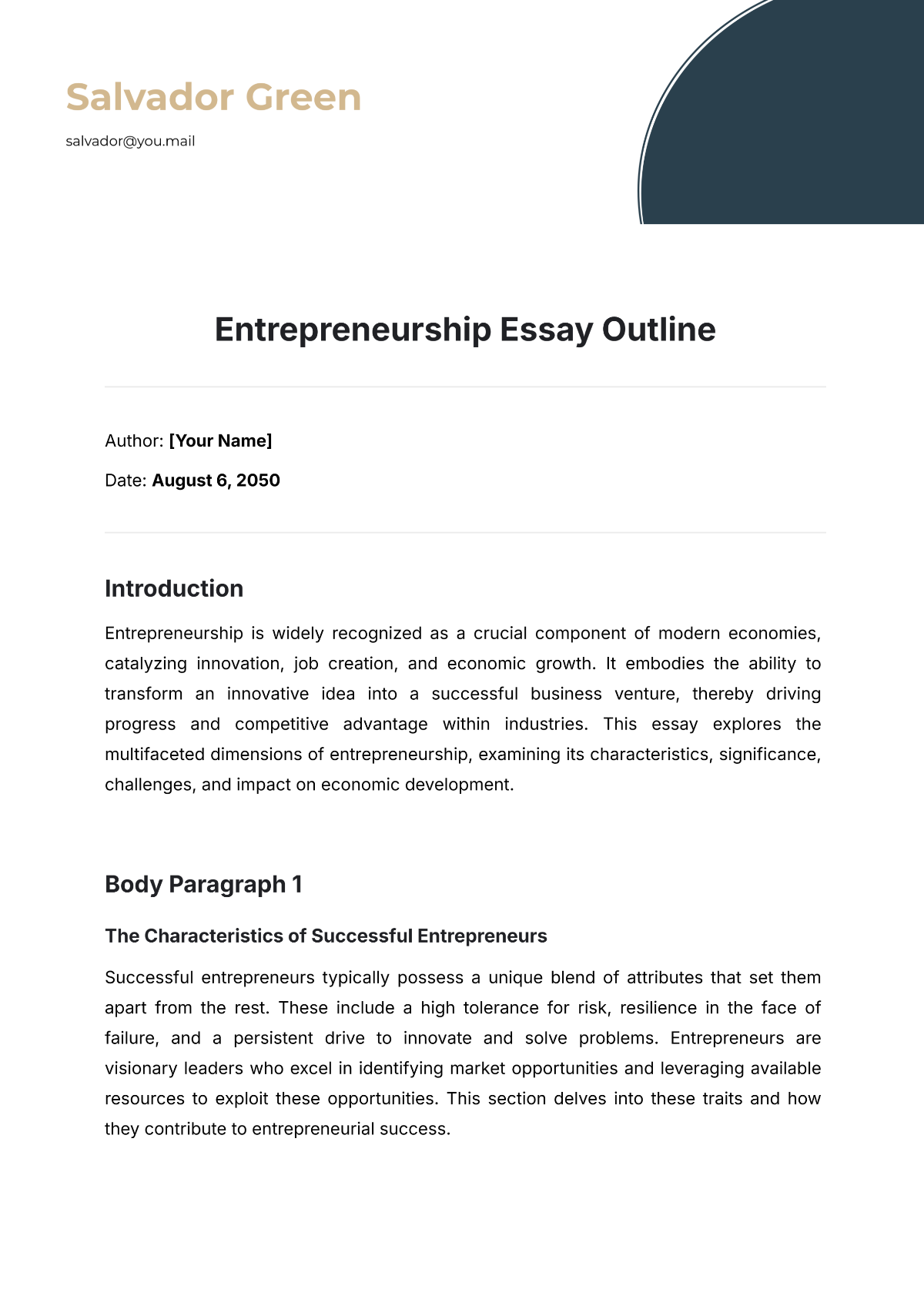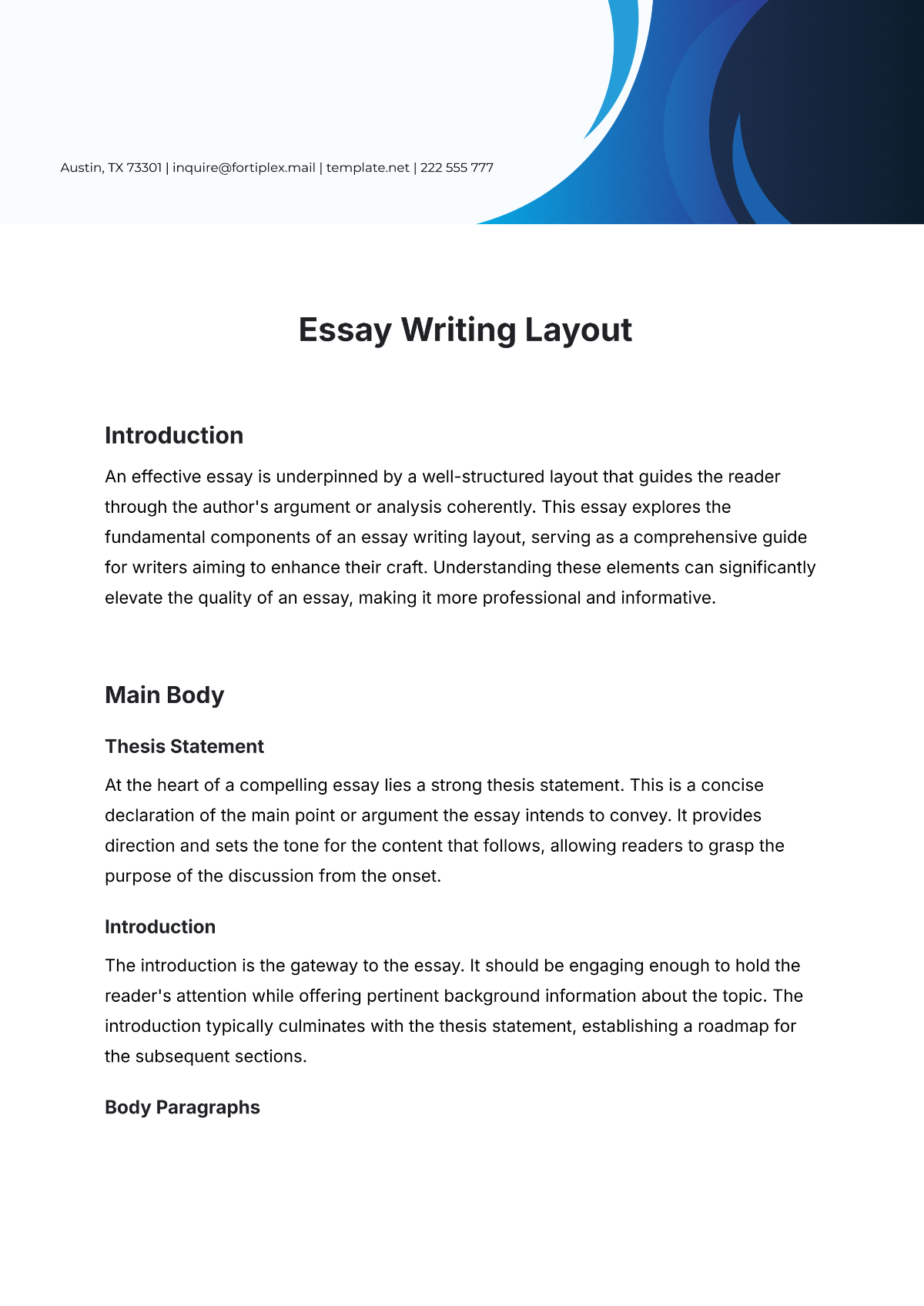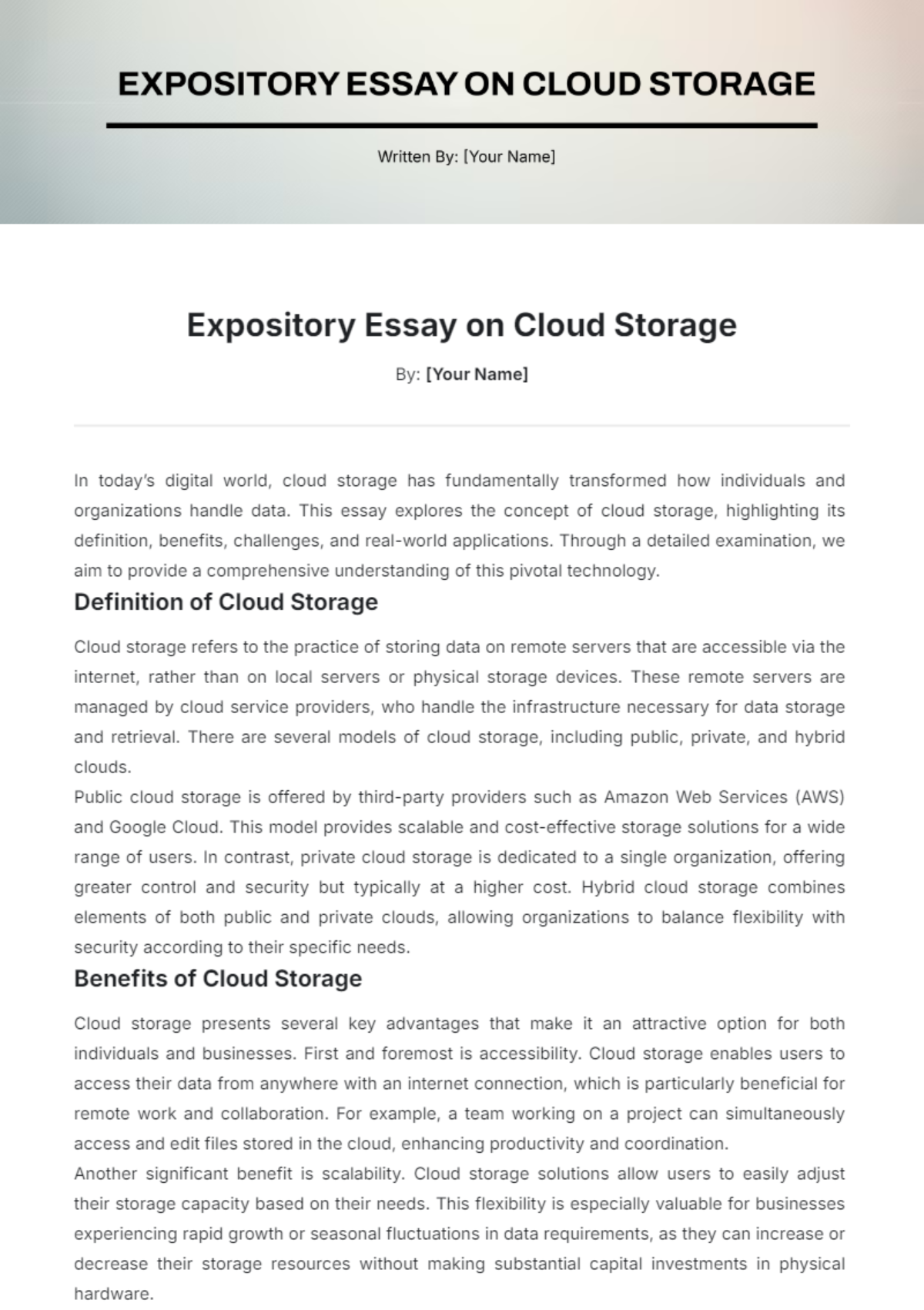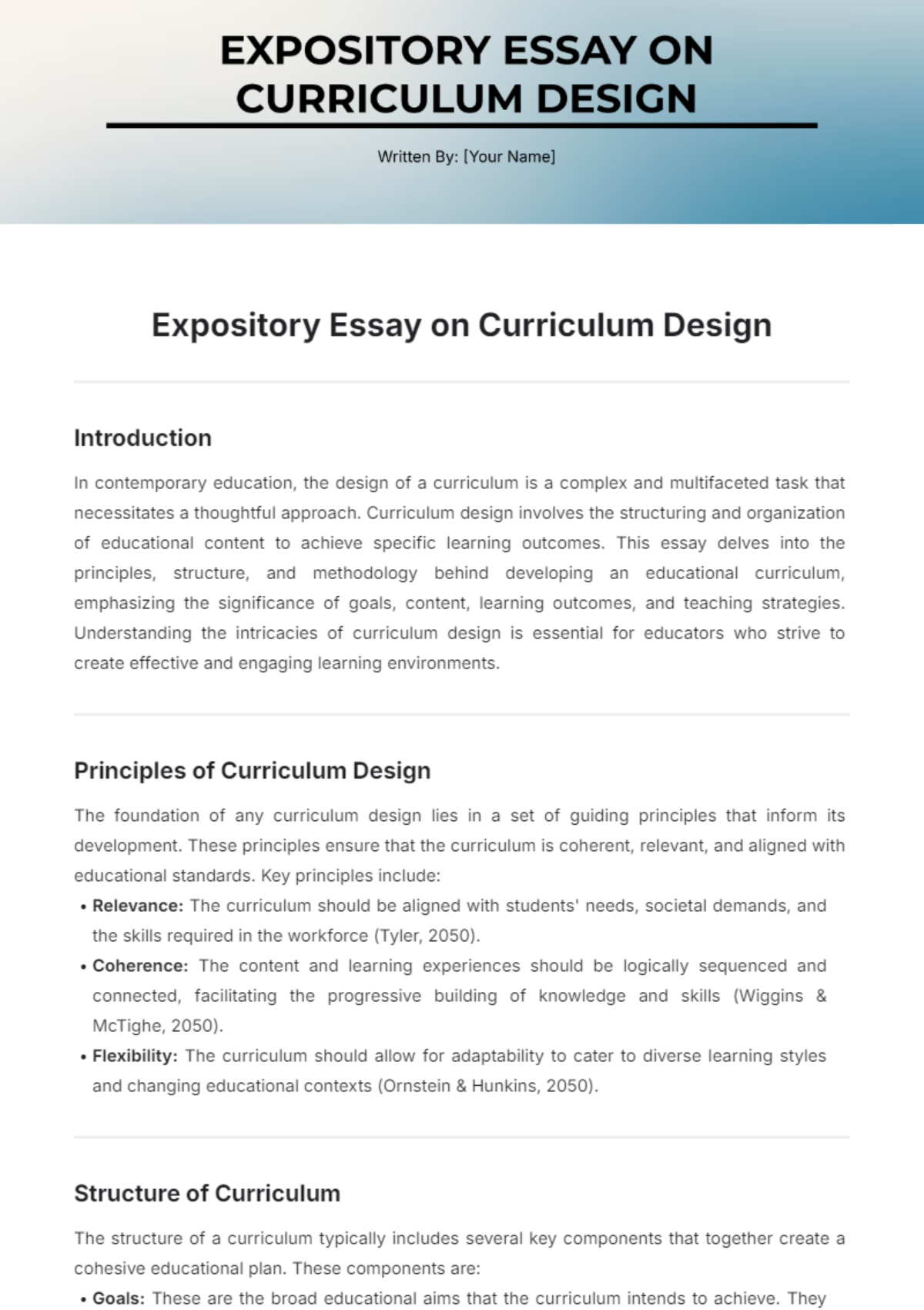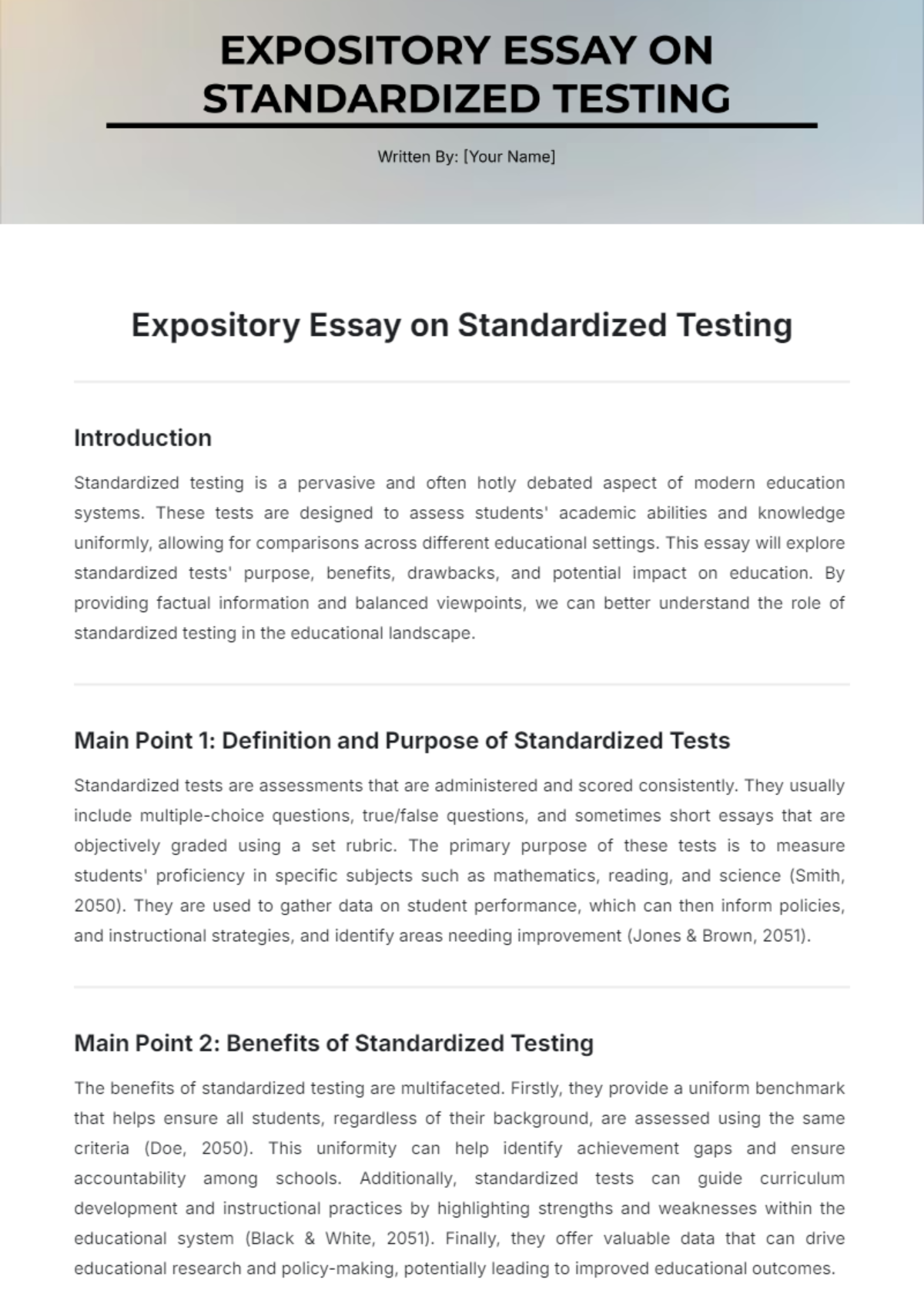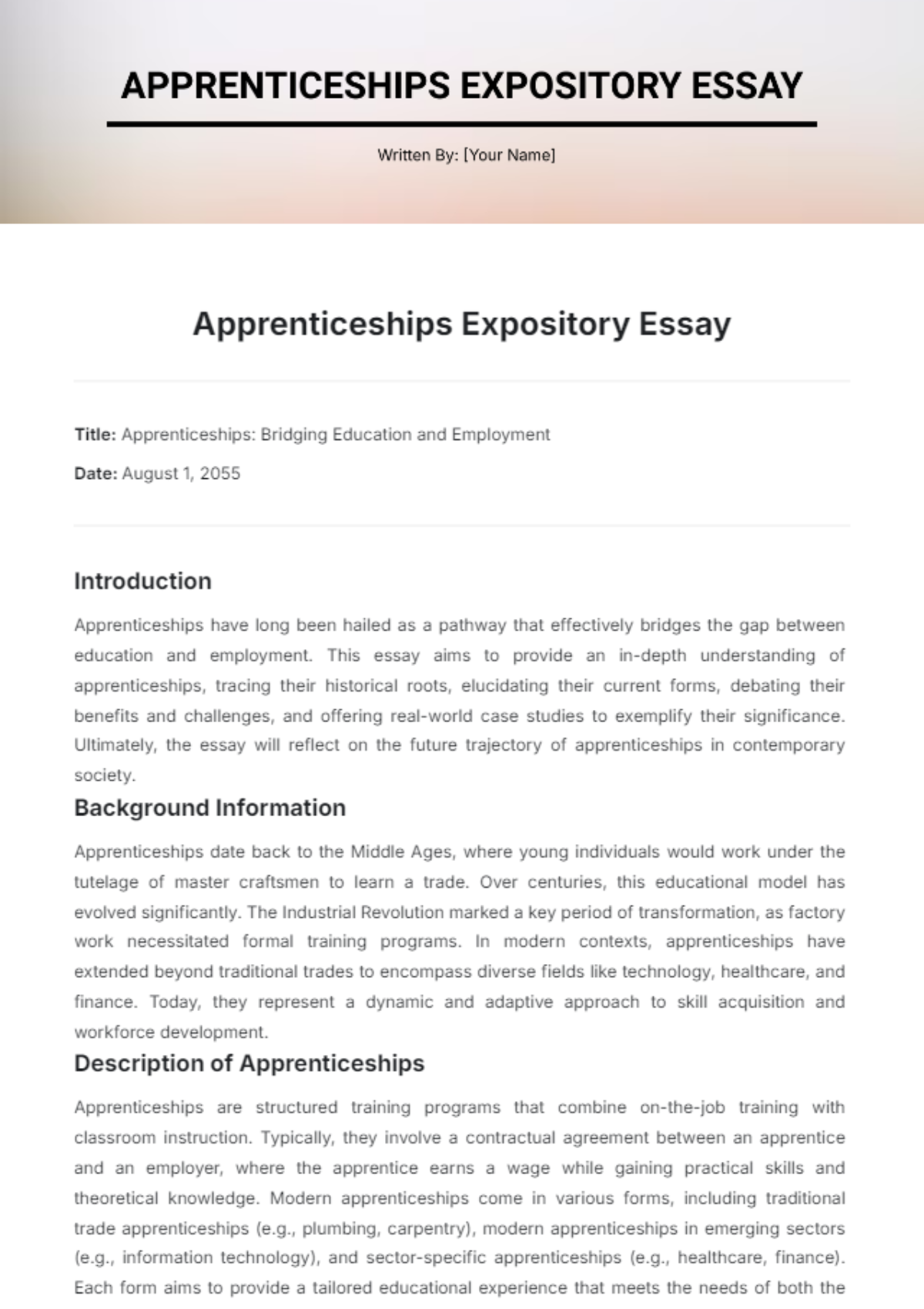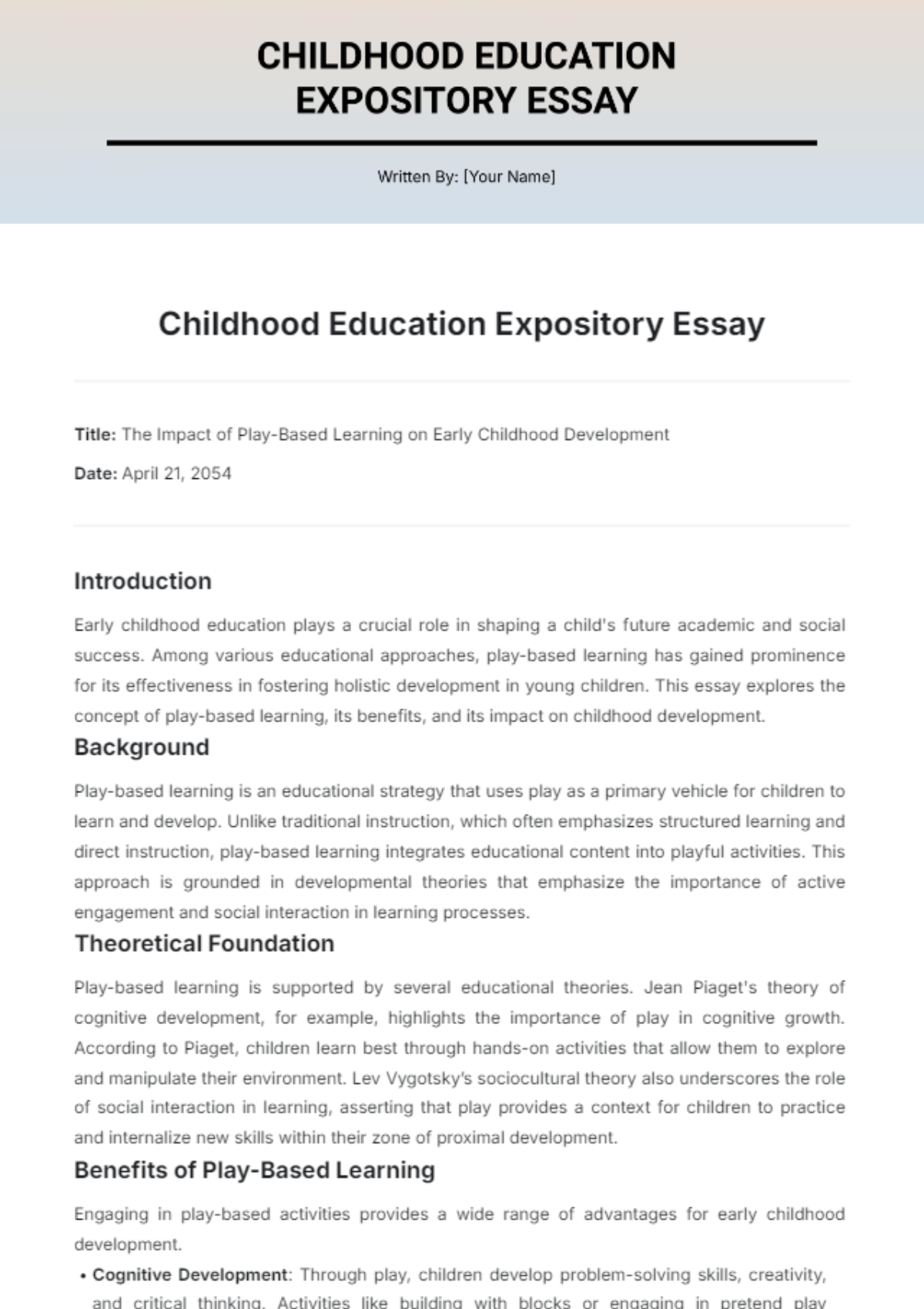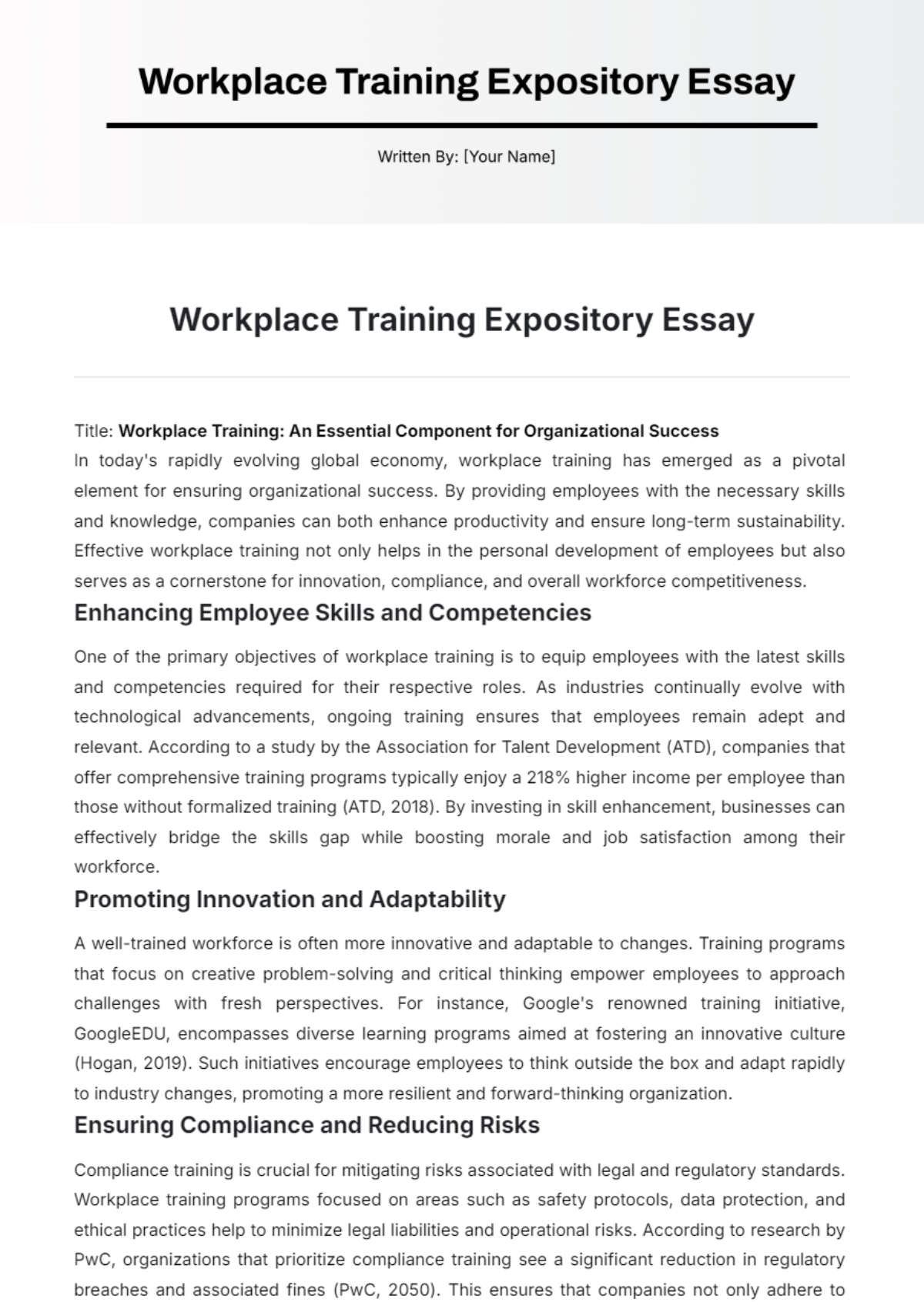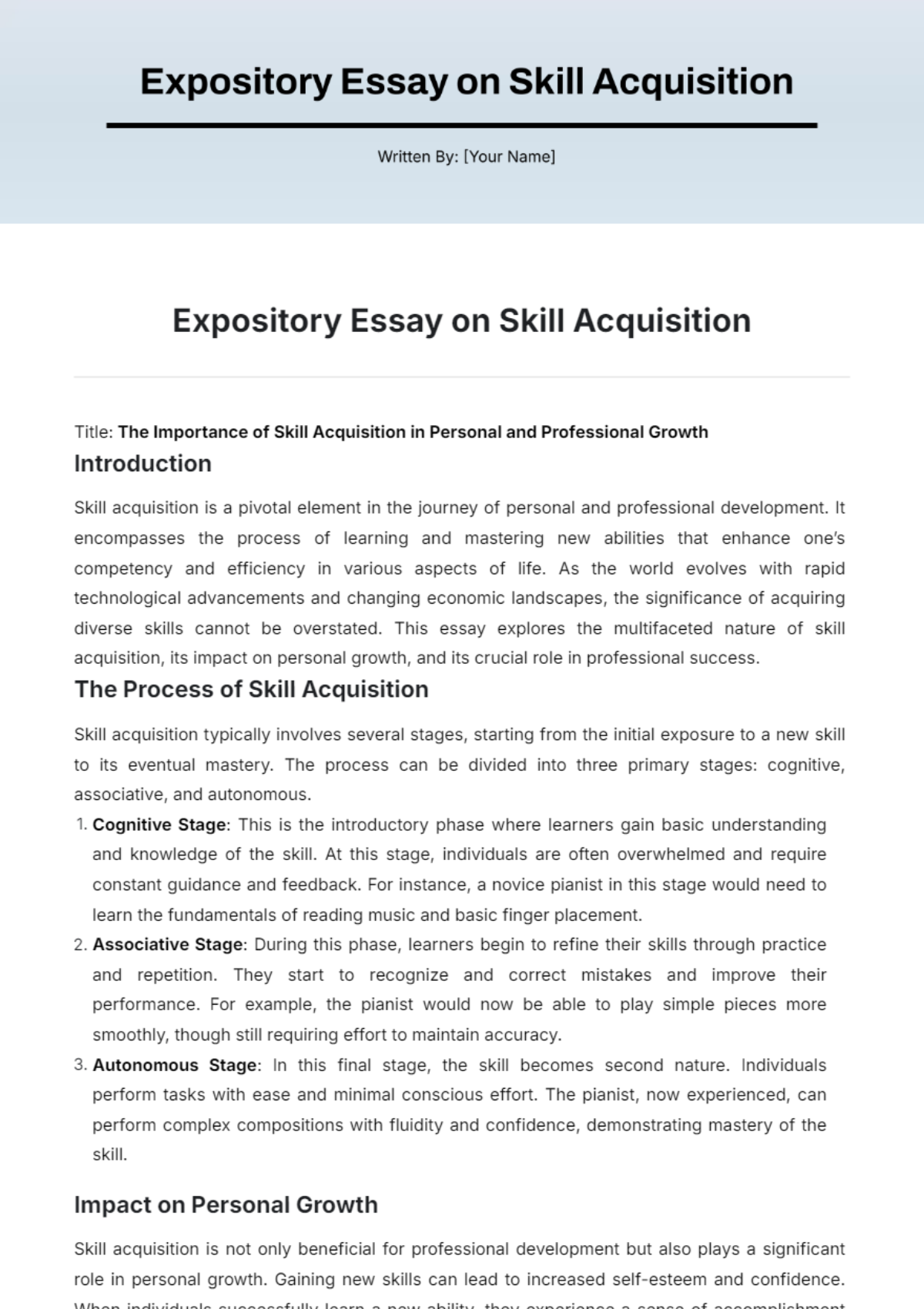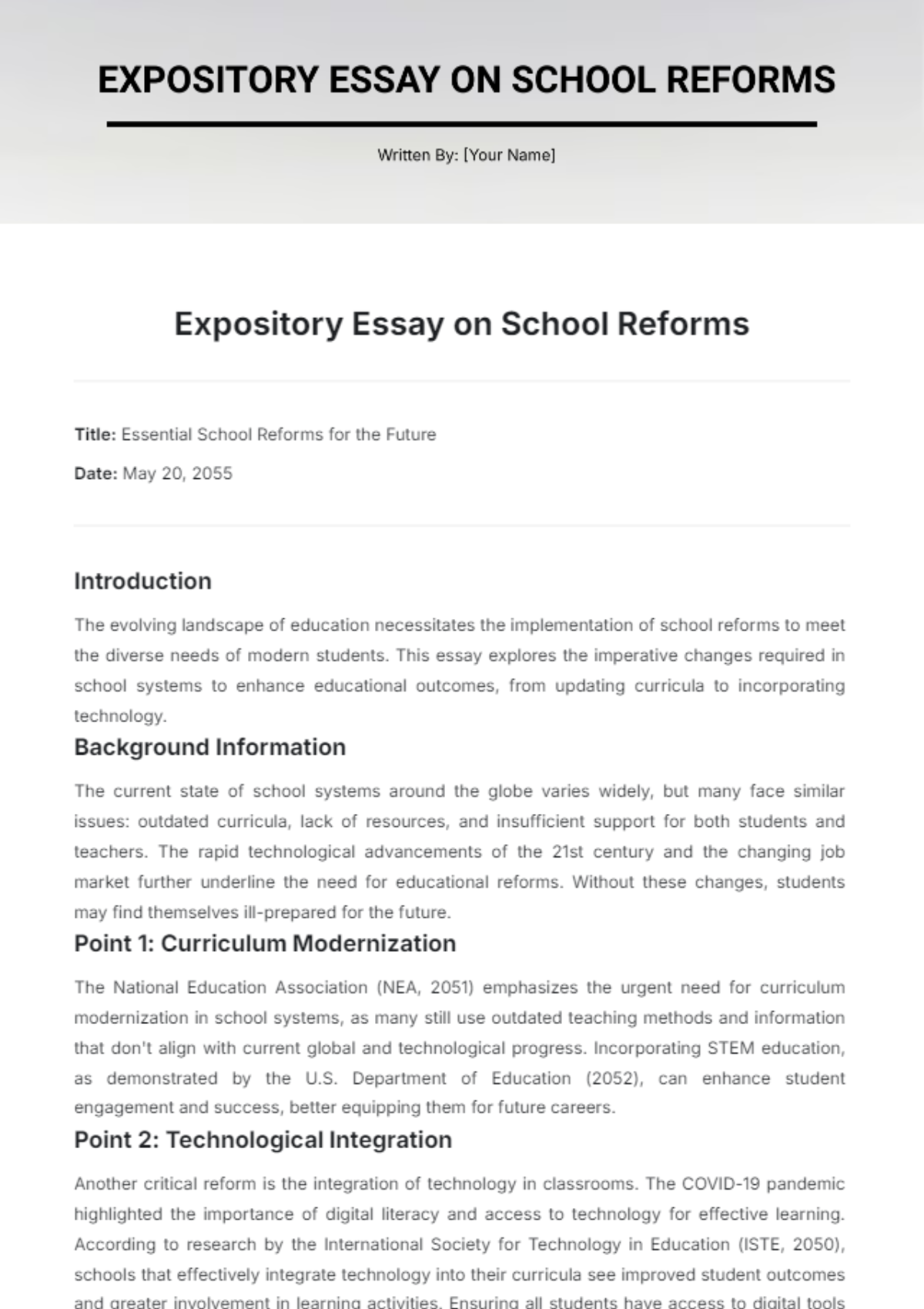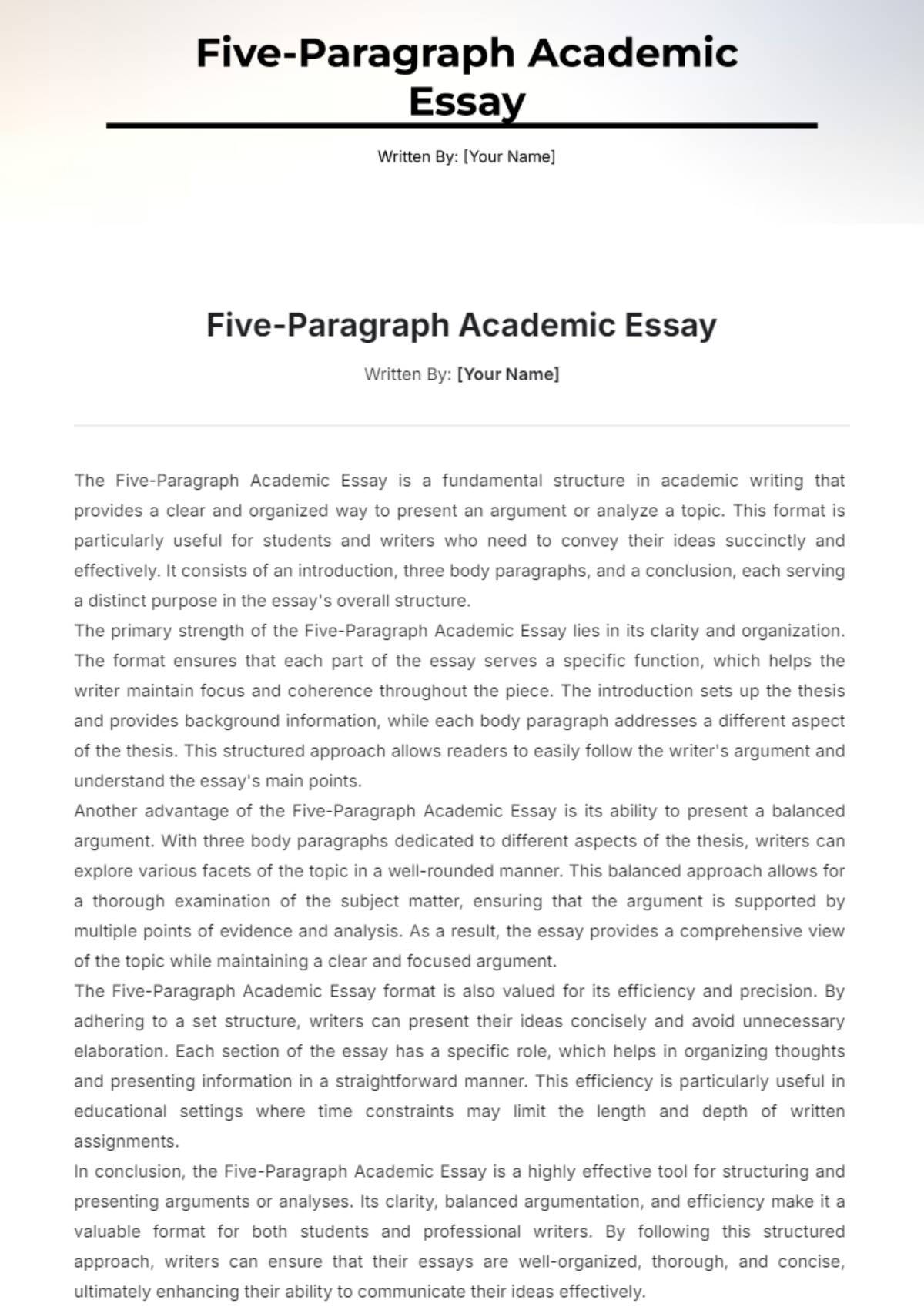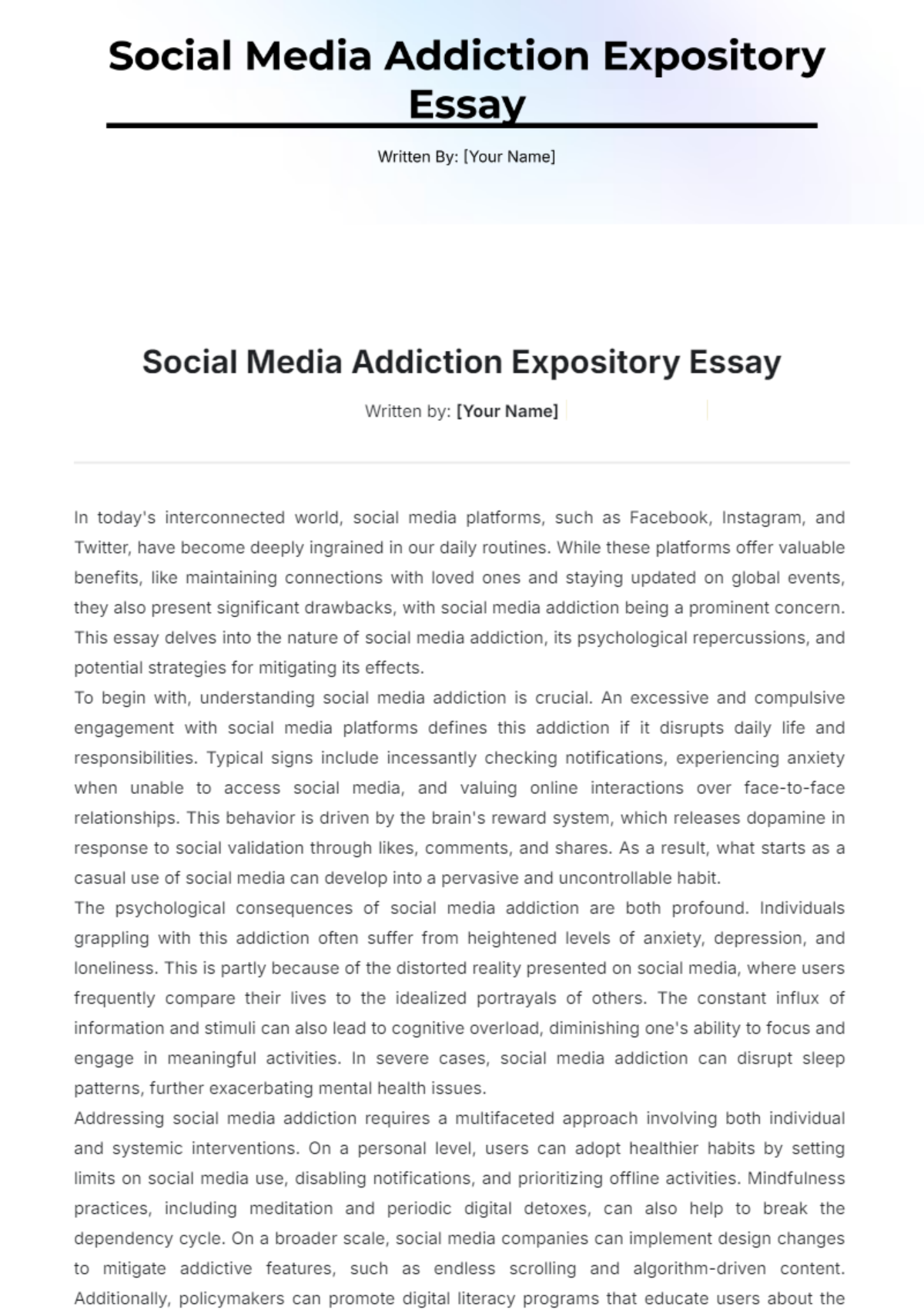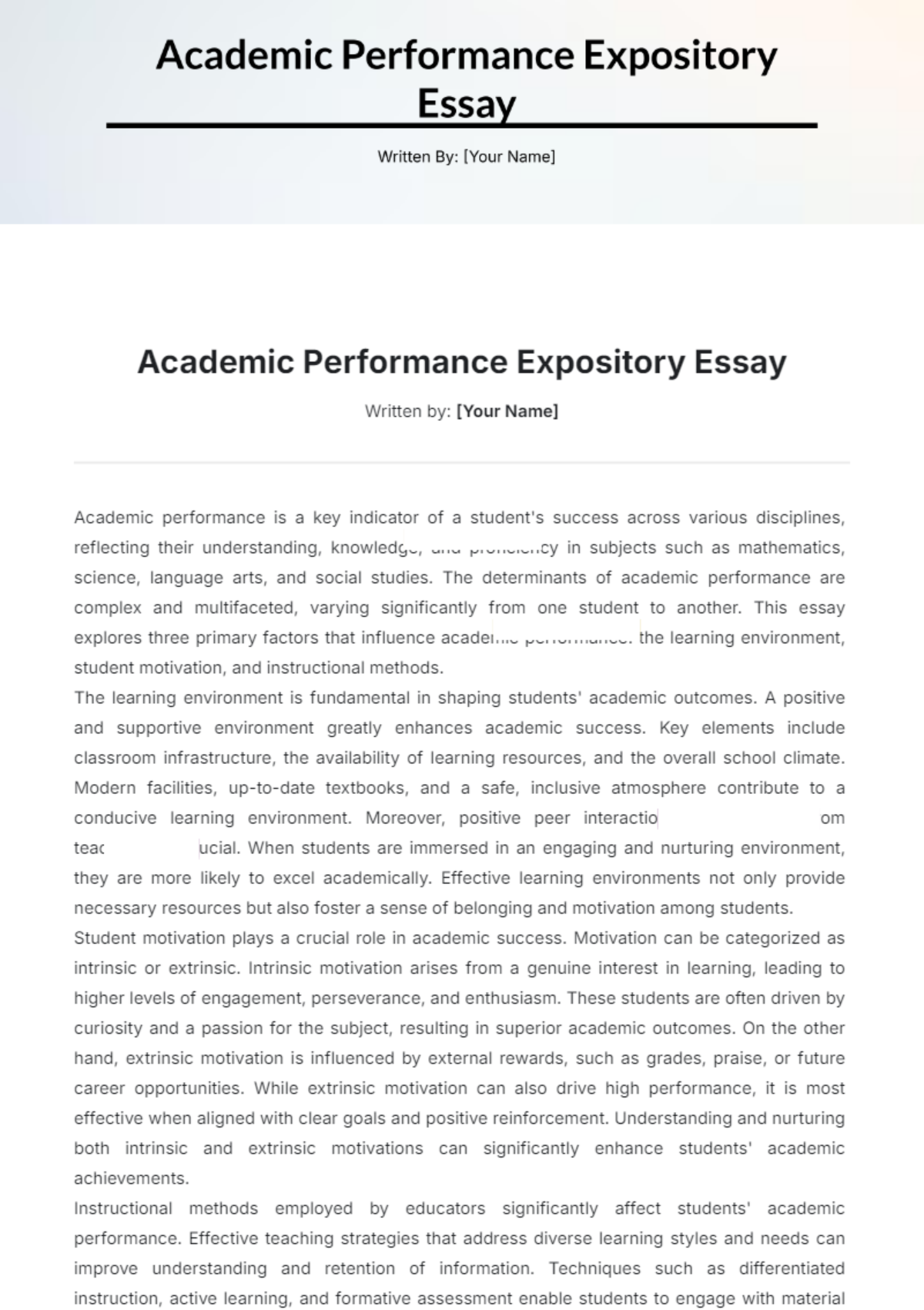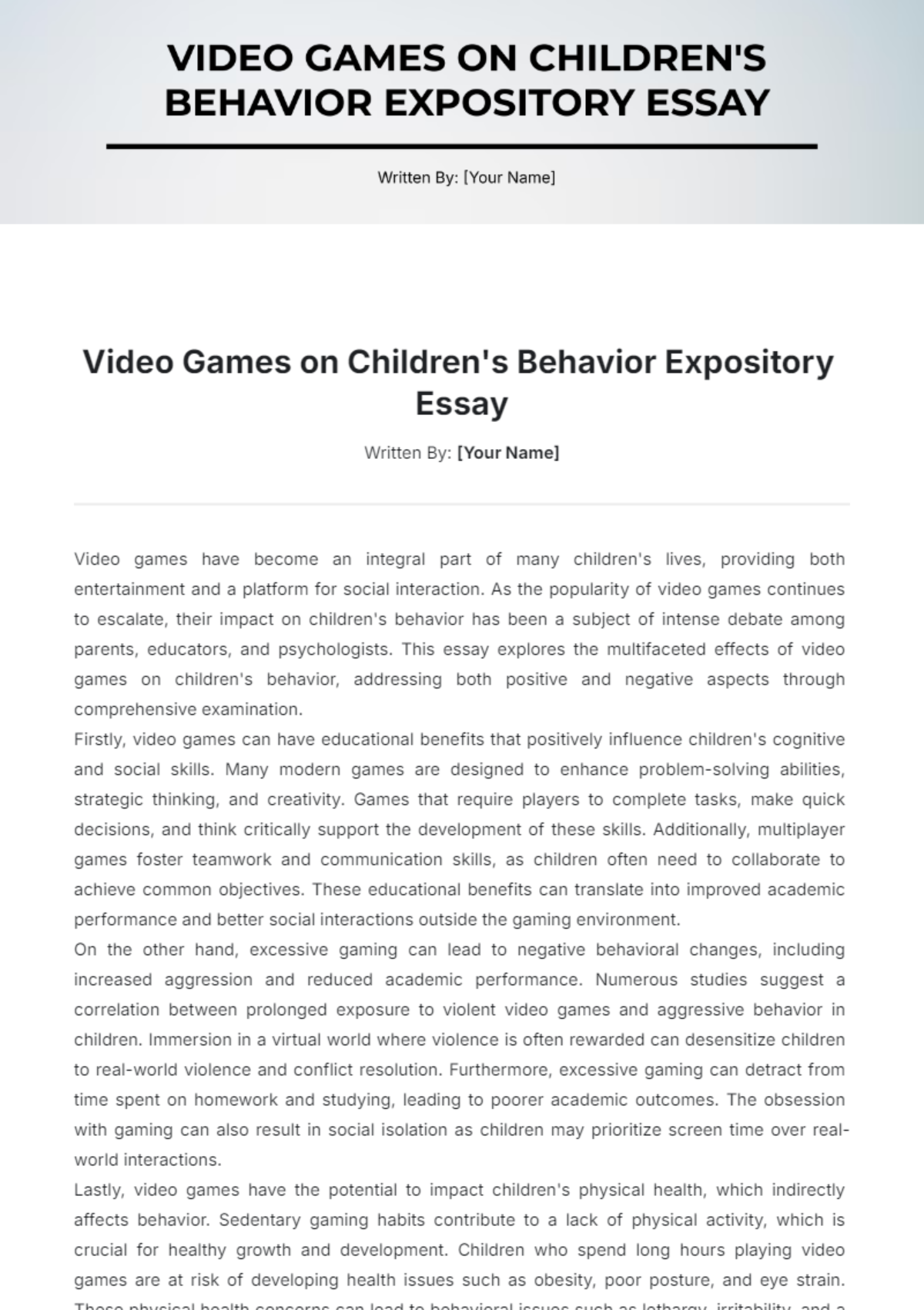Expository Essay on Digital Learning Resources
Written By: [Your Name]
Introduction
In the rapidly evolving landscape of education, digital learning resources have emerged as pivotal tools that enhance instructional methods and learning experiences. These resources encompass an array of digital tools and platforms crafted to facilitate education in diverse settings, from traditional classrooms to virtual environments. This essay delves into the various types of digital learning resources, elucidates their functioning, examines their benefits and limitations, and assesses their impact on education.
Types of Digital Learning Resources
Digital learning resources comprise a wide spectrum of tools and platforms, each contributing uniquely to education. E-books, for instance, offer digital versions of textbooks and reading materials, making content accessible and interactive. Online courses, available through platforms like Coursera and Udemy, provide structured learning experiences with video lectures, quizzes, and forums for discussion. Educational apps, such as Duolingo for language learning, utilize gamification to engage users effectively. Additionally, interactive simulations enable students to partake in virtual experiments and complex problem-solving scenarios, often in subjects like science and mathematics, that are conducive to experiential learning.
Benefits
The implementation of digital learning resources offers numerous advantages. Primarily, they democratize access to education by making learning materials available to a broader audience irrespective of geographical constraints. Digital tools also cater to different learning styles through multimedia elements, enhancing cognitive engagement and comprehension. Moreover, these resources facilitate self-paced learning, allowing students to absorb information at their speed. The integration of analytics and feedback mechanisms further personalizes the learning process, enabling continuous improvement and adaptive learning.
Limitations
Despite their manifold benefits, digital learning resources come with inherent limitations. A significant concern is the digital divide, where unequal access to technology exacerbates educational inequalities. Additionally, the reliance on digital platforms can lead to issues of screen fatigue and reduced interpersonal interactions. The absence of hands-on experiences in certain disciplines, notably in vocational and laboratory-based education, also poses a challenge. Furthermore, the need for digital literacy among educators and students is critical; without adequate training, the effective utilization of these resources may be hindered.
Impact on Education
The incorporation of digital learning resources profoundly influences educational practices and outcomes. It fosters a shift towards student-centered learning, empowering learners to take control of their educational journey. The availability of a plethora of resources cultivates a culture of lifelong learning, where continuous skill development is prioritized. Furthermore, digital tools enable collaborative learning through virtual classrooms and discussion forums, breaking down traditional barriers to peer interaction. The adaptability of these resources ensures that education systems can swiftly respond to disruptions, such as the global transition to online learning witnessed during the COVID-19 pandemic.
Conclusion
Digital learning resources have indelibly transformed the educational landscape, offering versatile tools that enhance learning accessibility, engagement, and personalization. While they present remarkable benefits, addressing challenges such as the digital divide and the need for digital literacy is imperative for realizing their full potential. As education continues to evolve, the judicious integration of digital resources will be crucial in shaping future learning environments that are inclusive, adaptive, and conducive to comprehensive development.
Bibliography
Boulos, M. N. K., & Wheeler, S. (2057). The emerging Web 2.0 social software: an enabling suite of sociable technologies in health and health care education. Health Information & Libraries Journal, 24(1), 2-23.
Means, B., Toyama, Y., Murphy, R., Bakia, M., & Jones, K. (2050). Evaluation of evidence-based practices in online learning: A meta-analysis and review of online learning studies. U.S. Department of Education.
Simonson, M., Smaldino, S., & Zvacek, S. (2054). Teaching and Learning at a Distance: Foundations of Distance Education (6th edition). Information Age Publishing.
